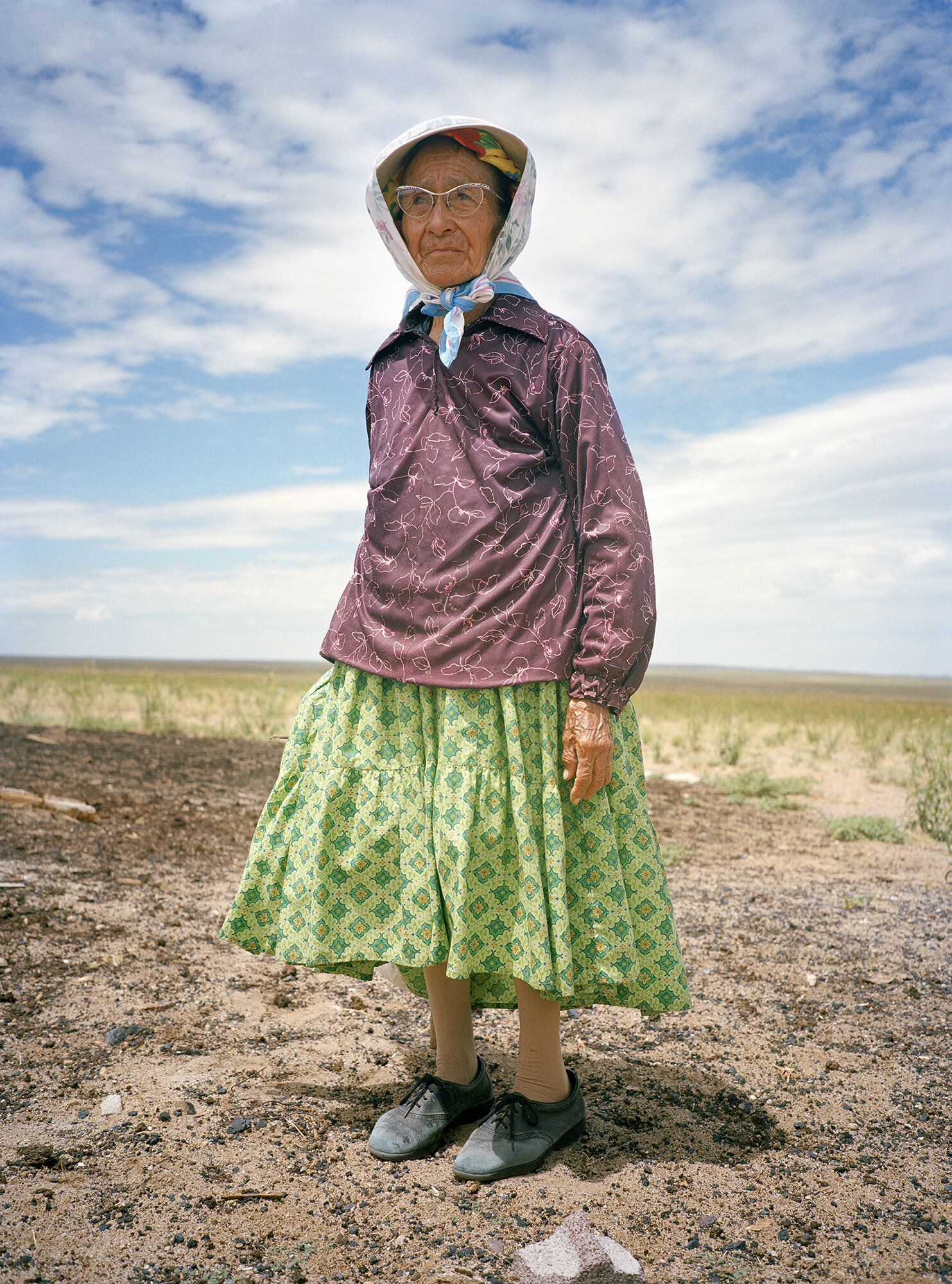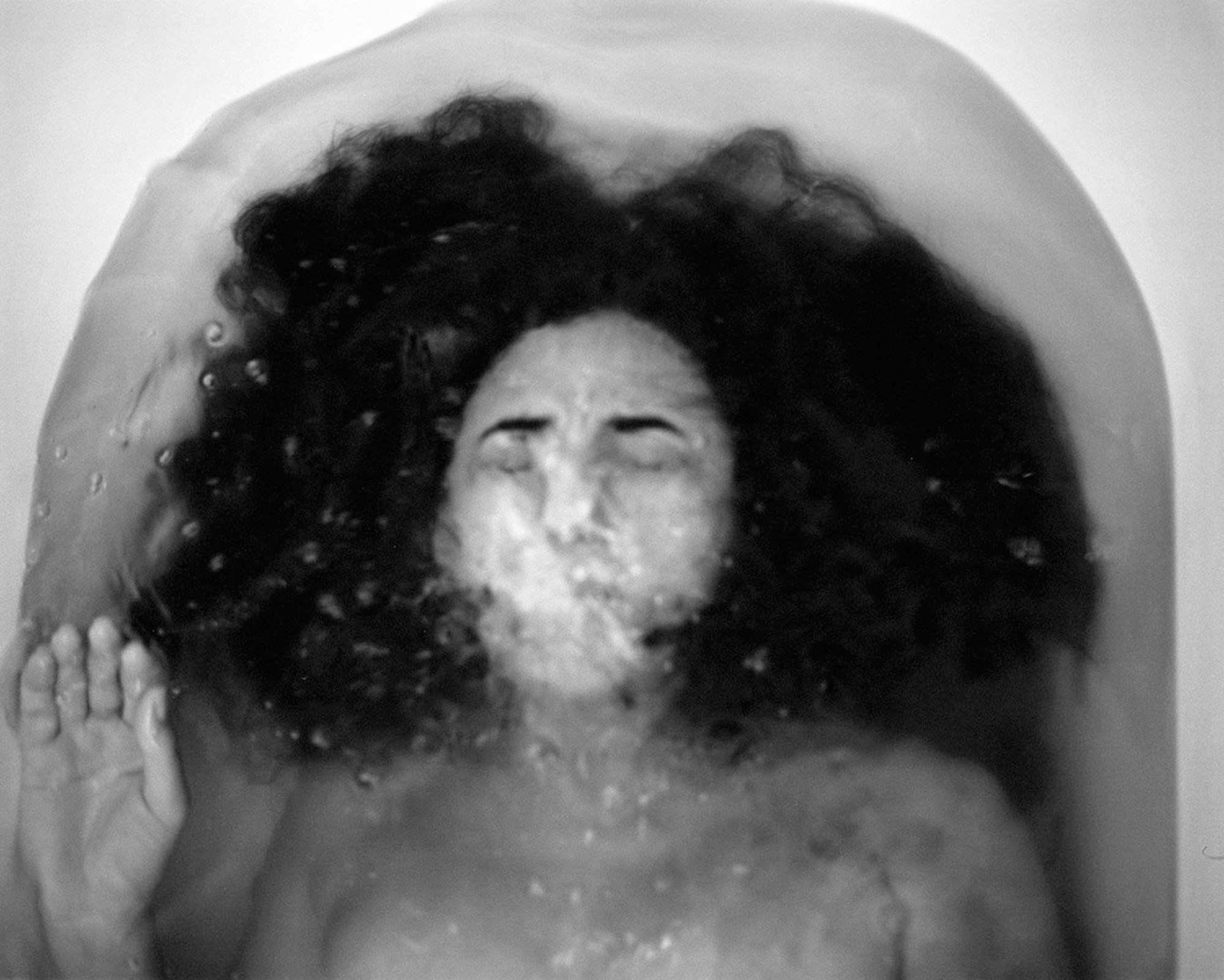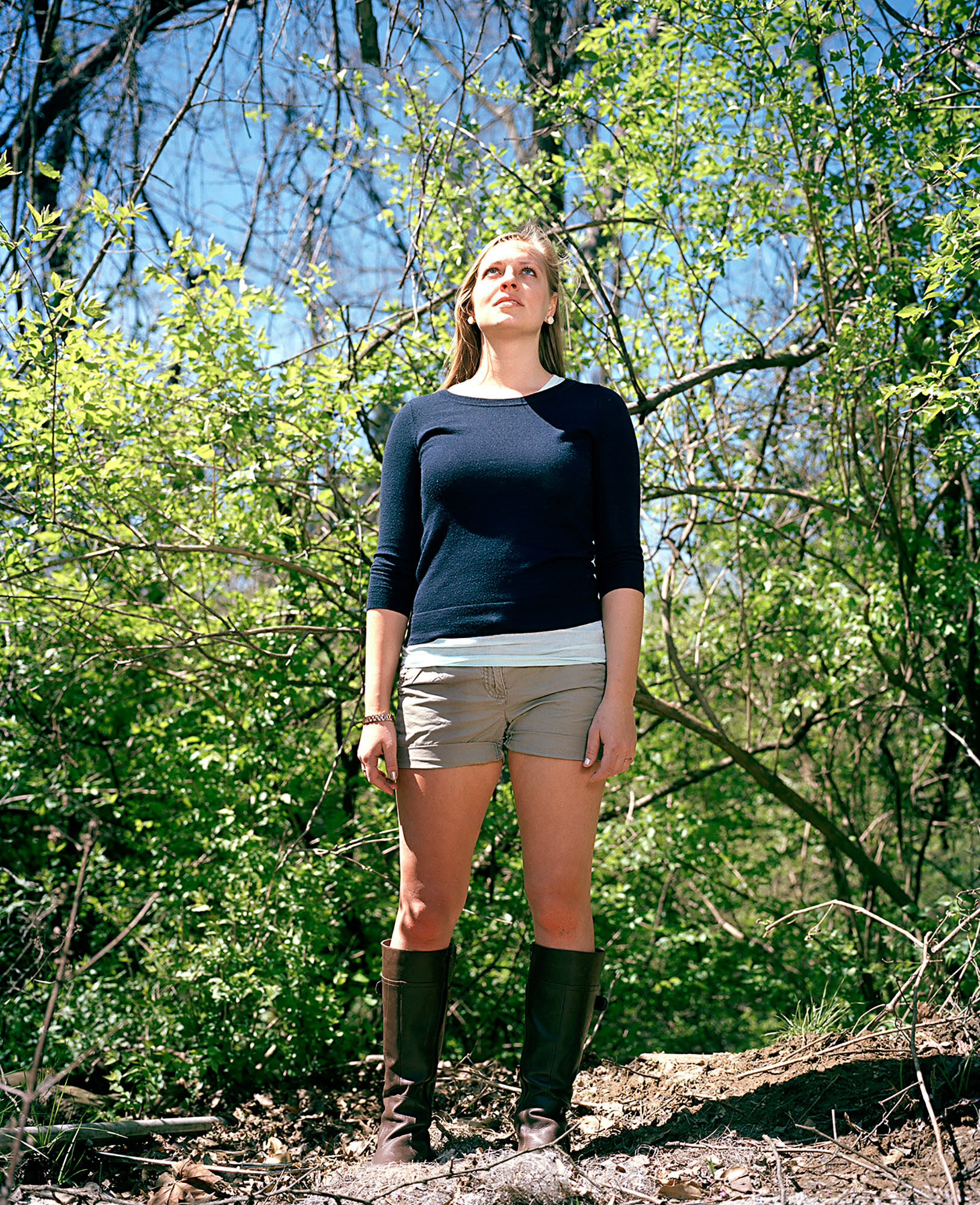
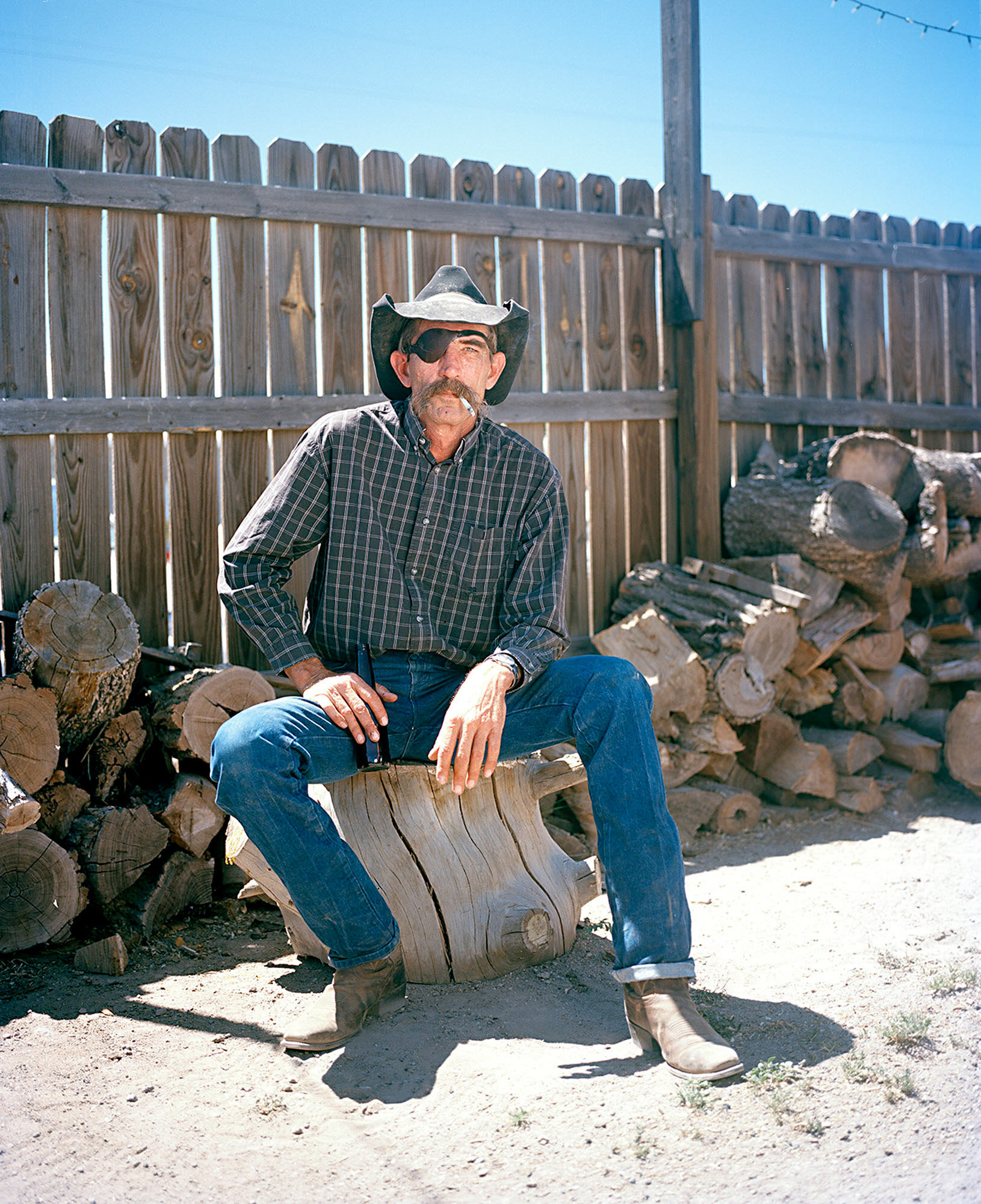
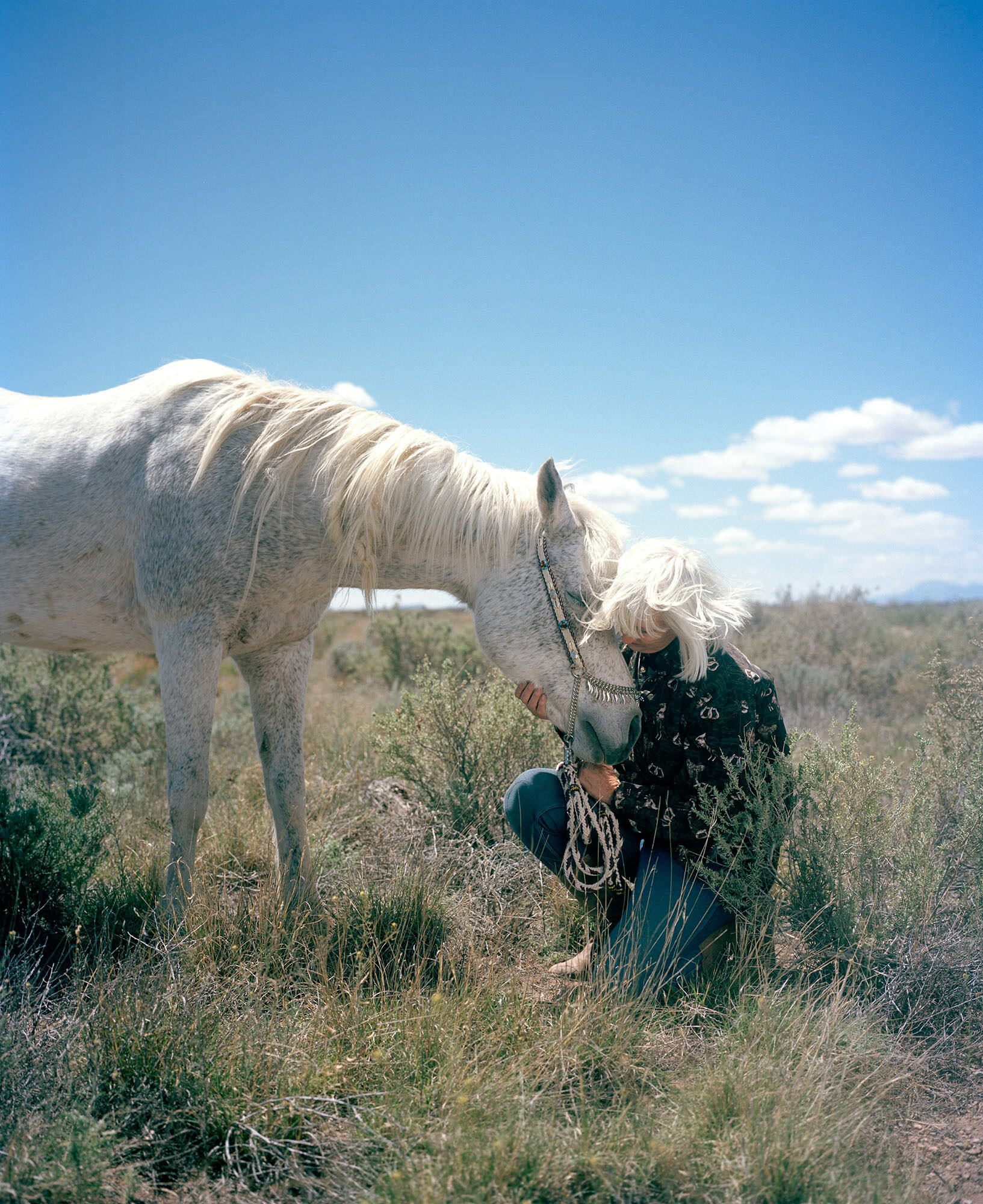
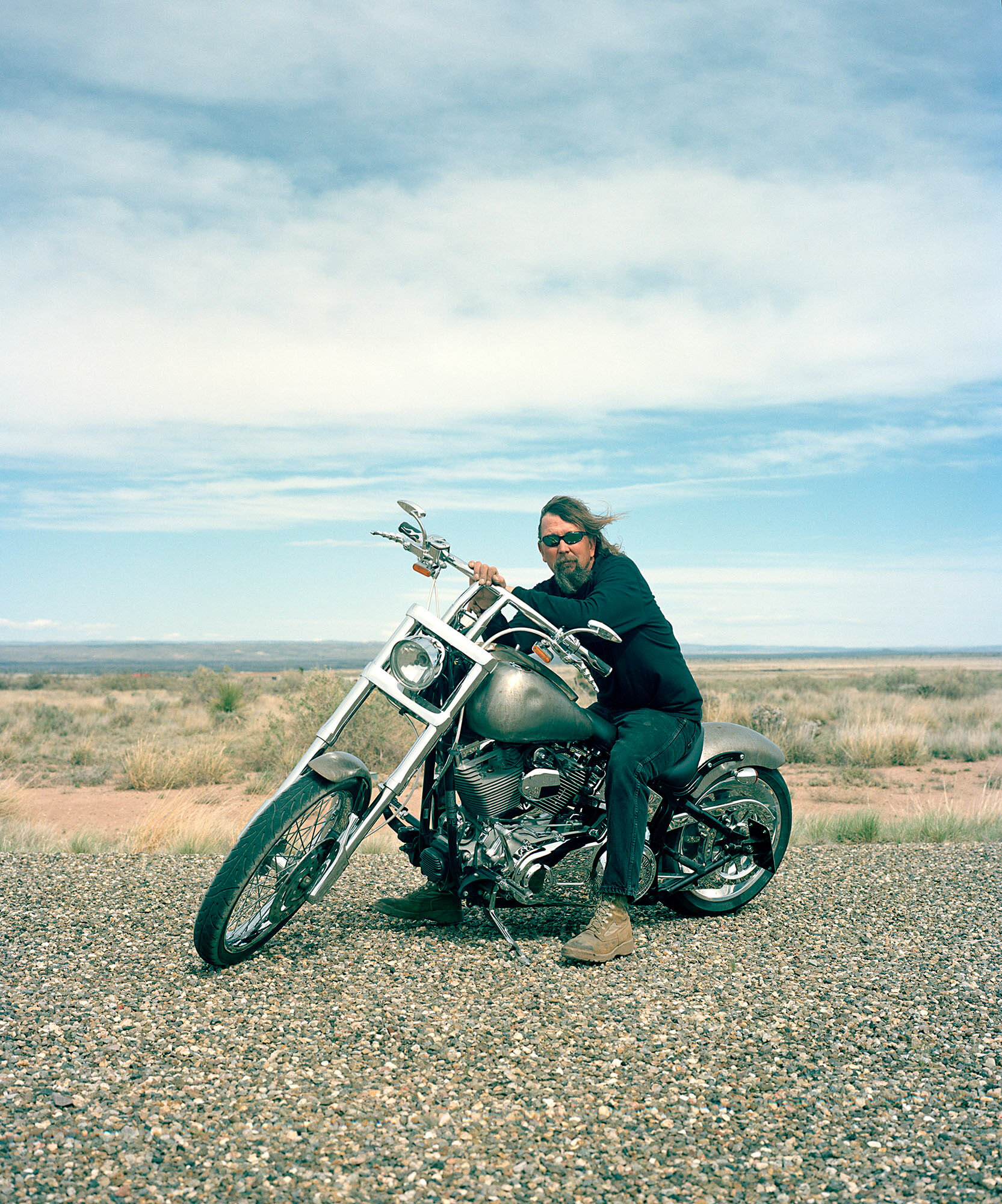
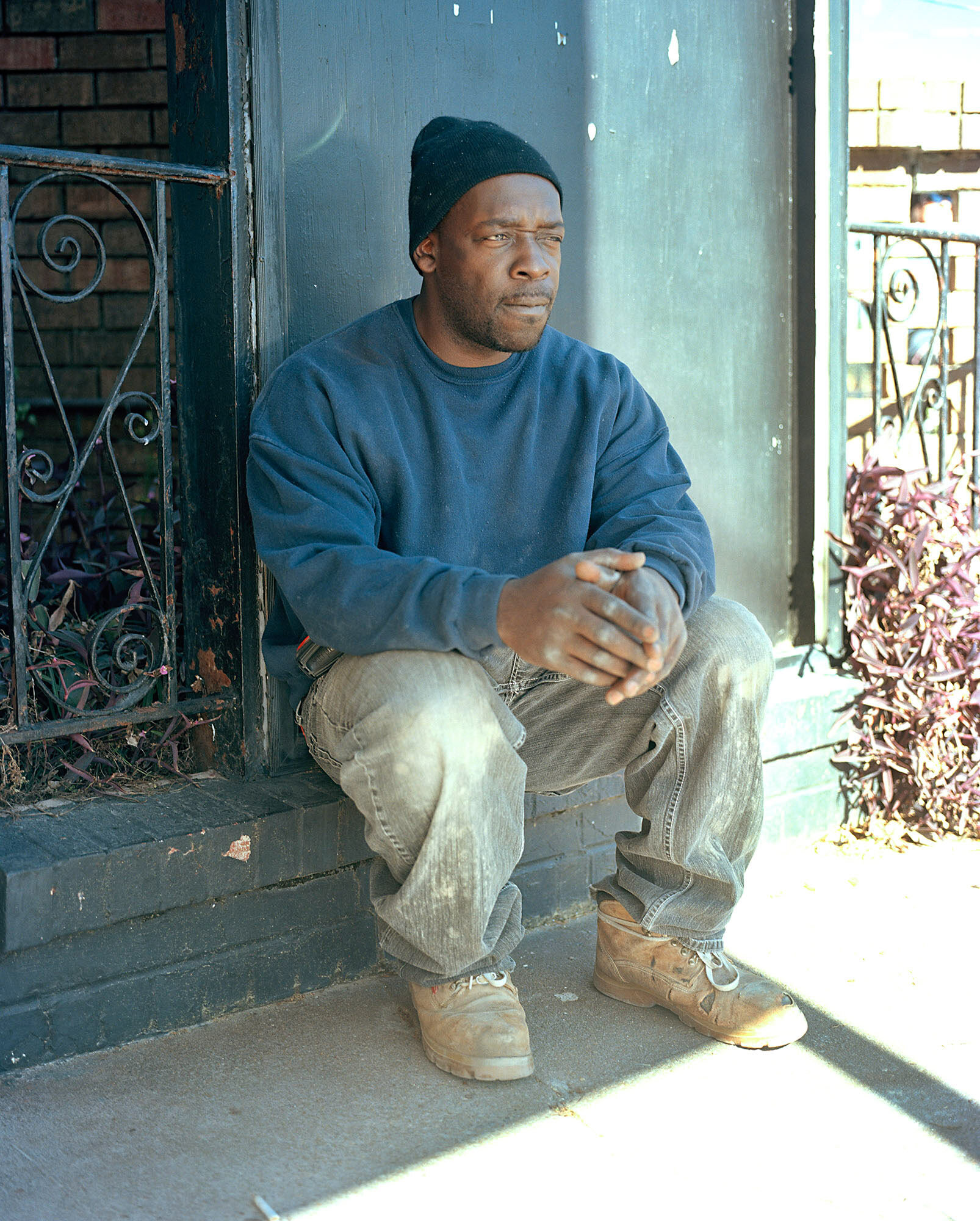
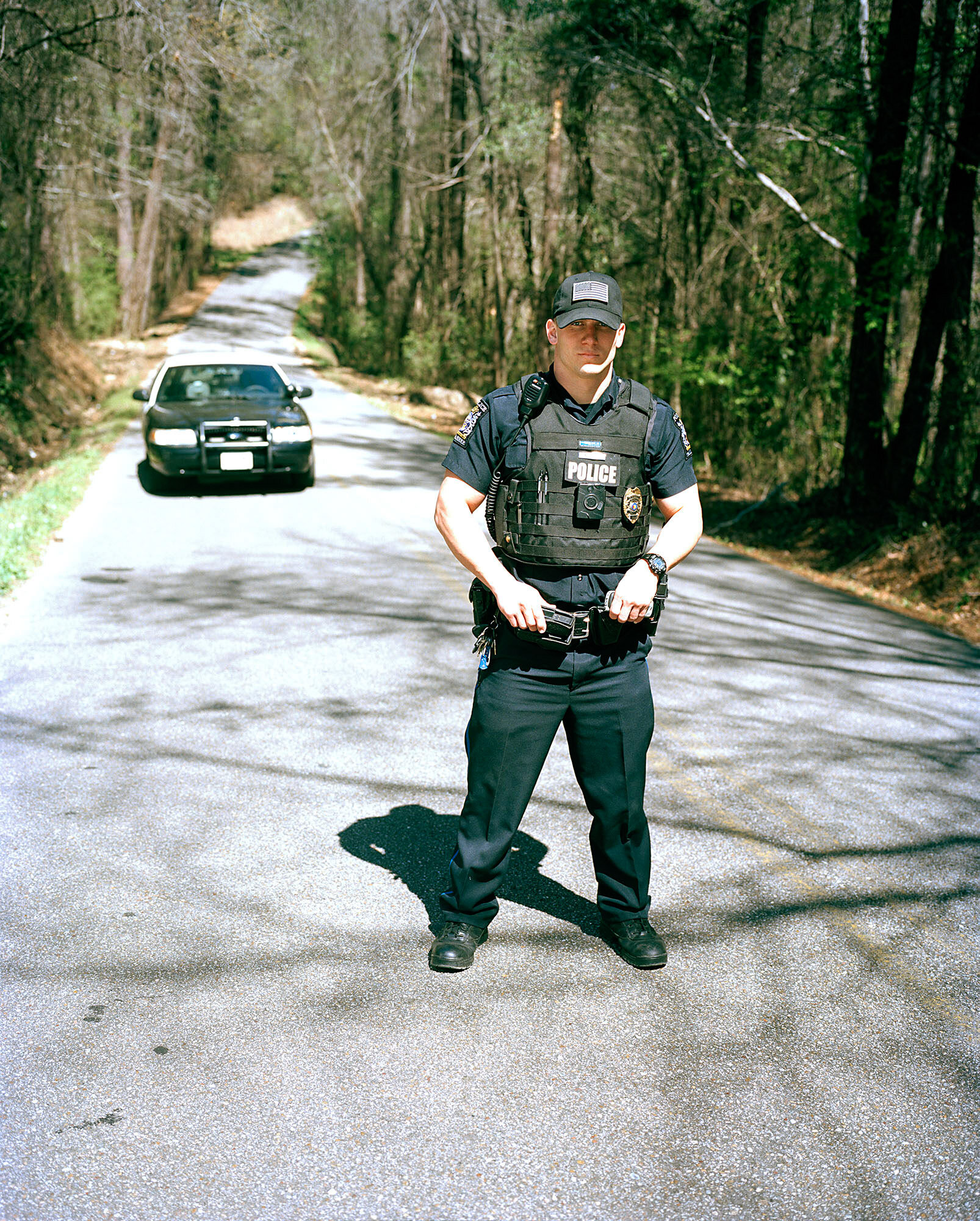
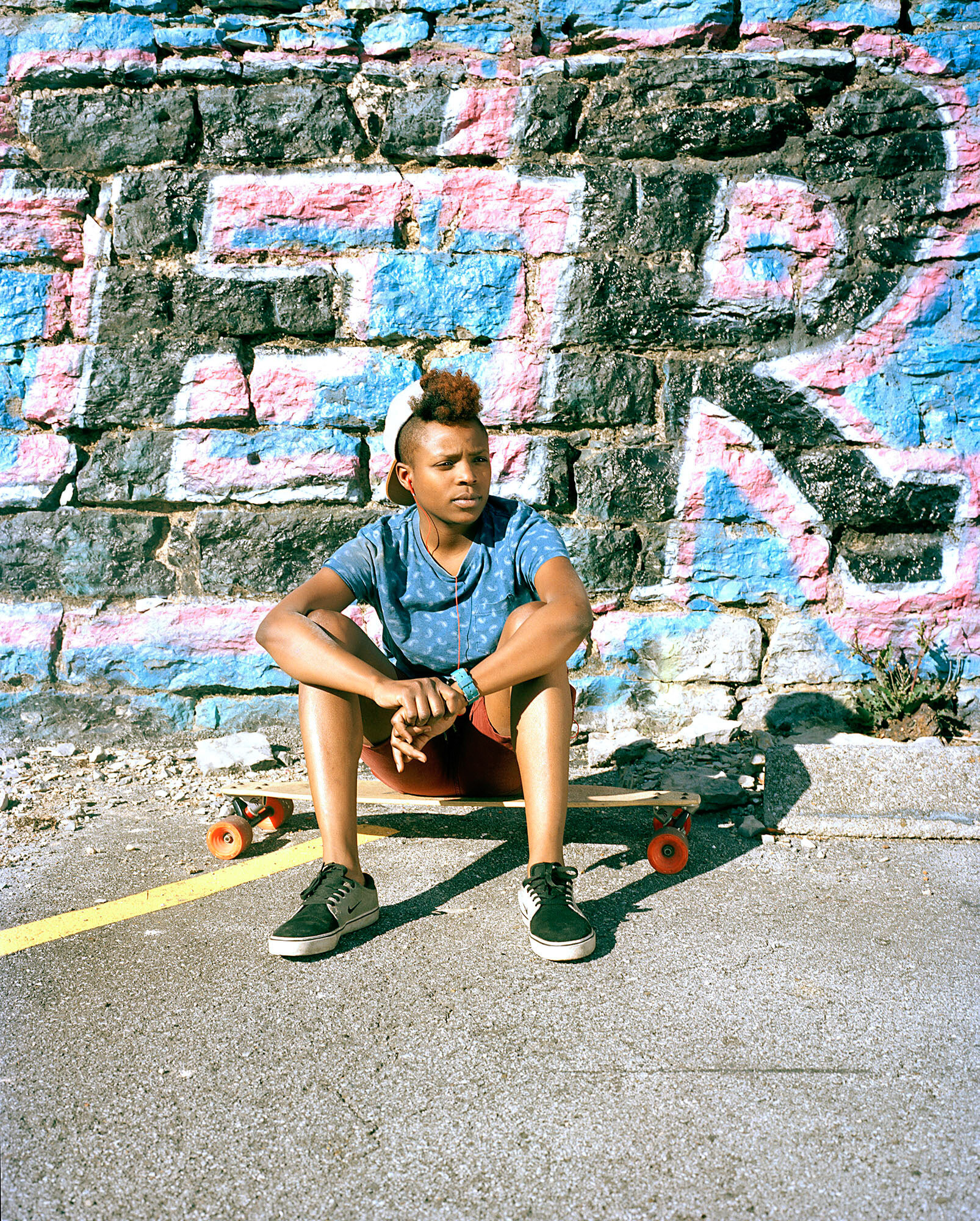
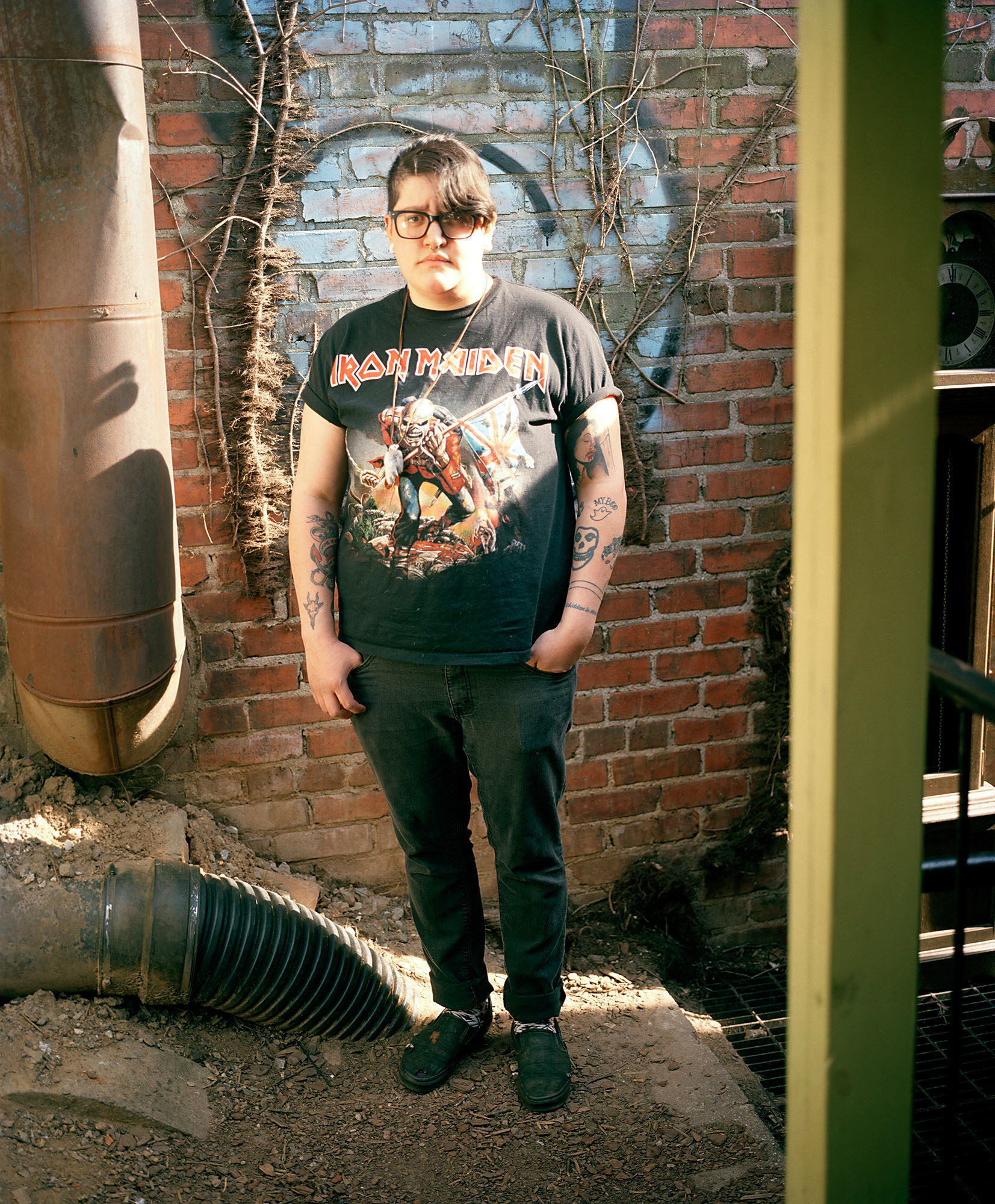
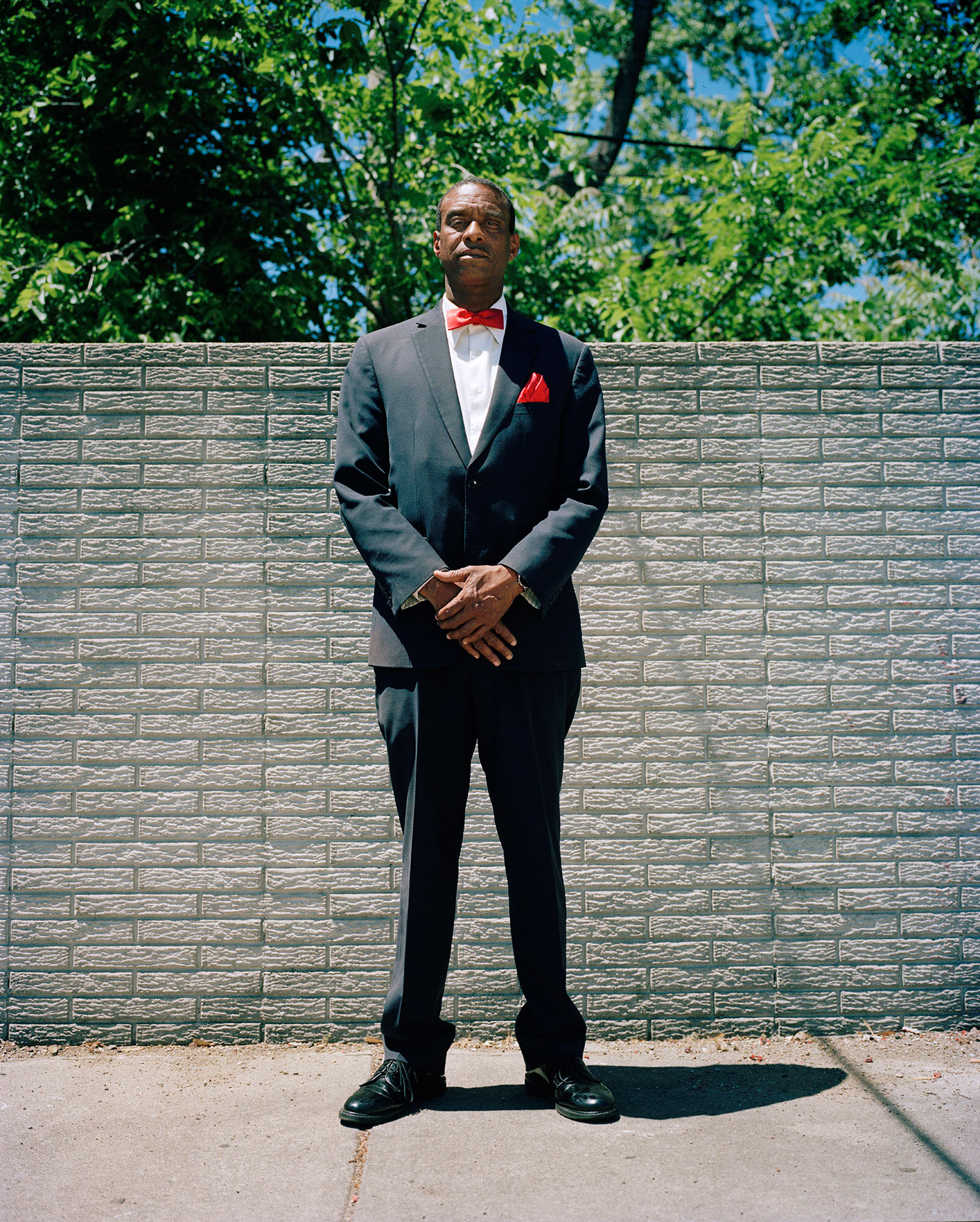
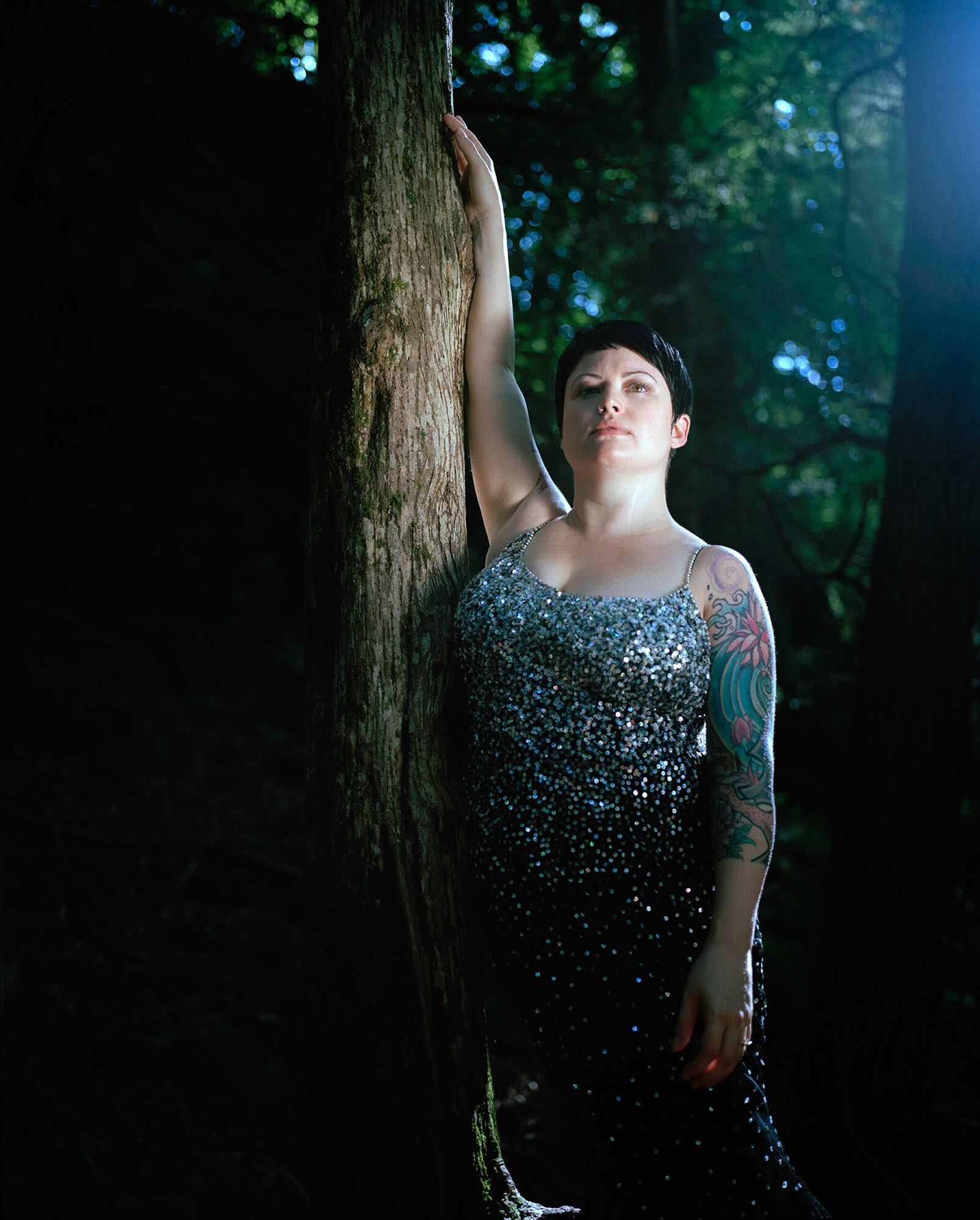
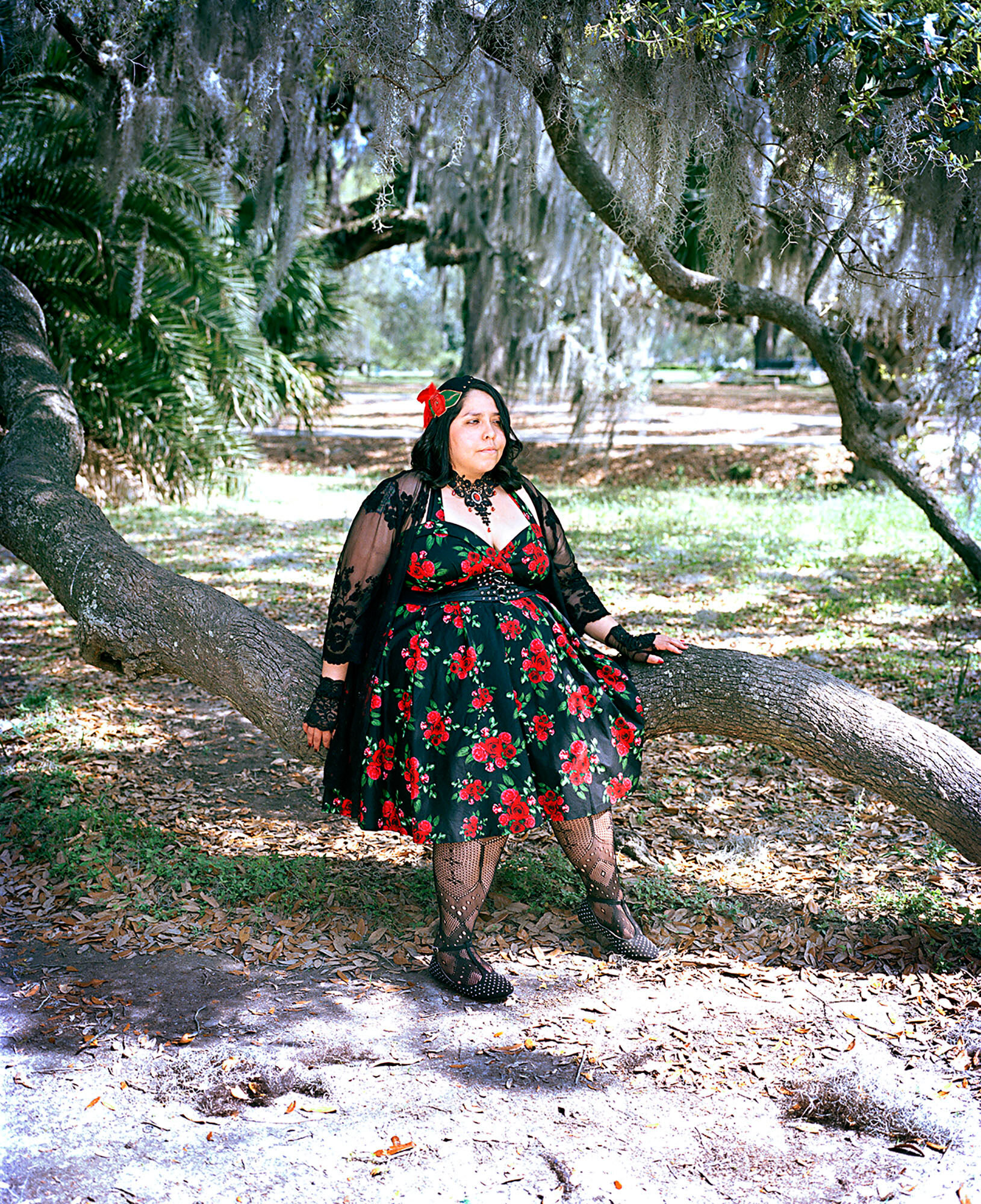
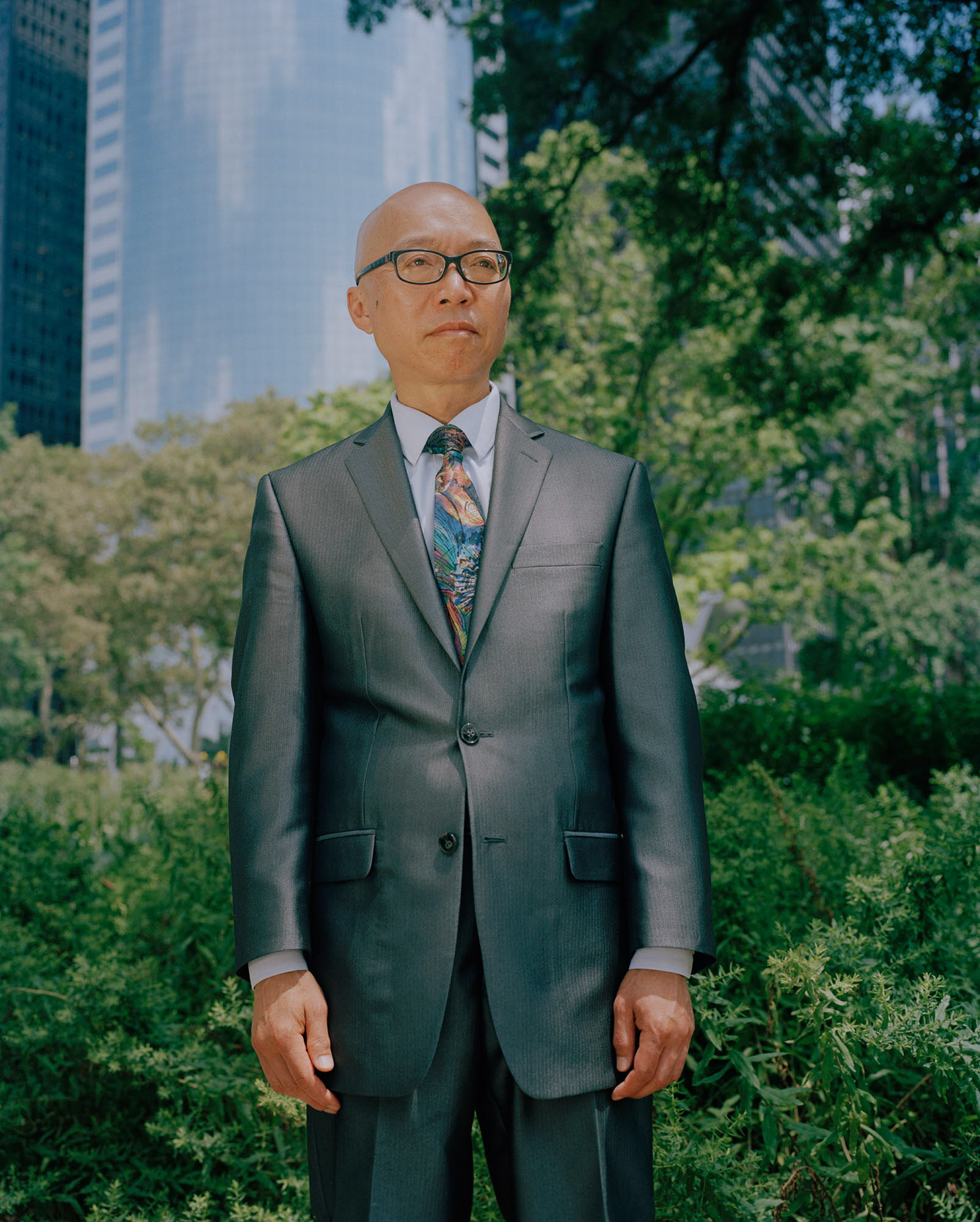
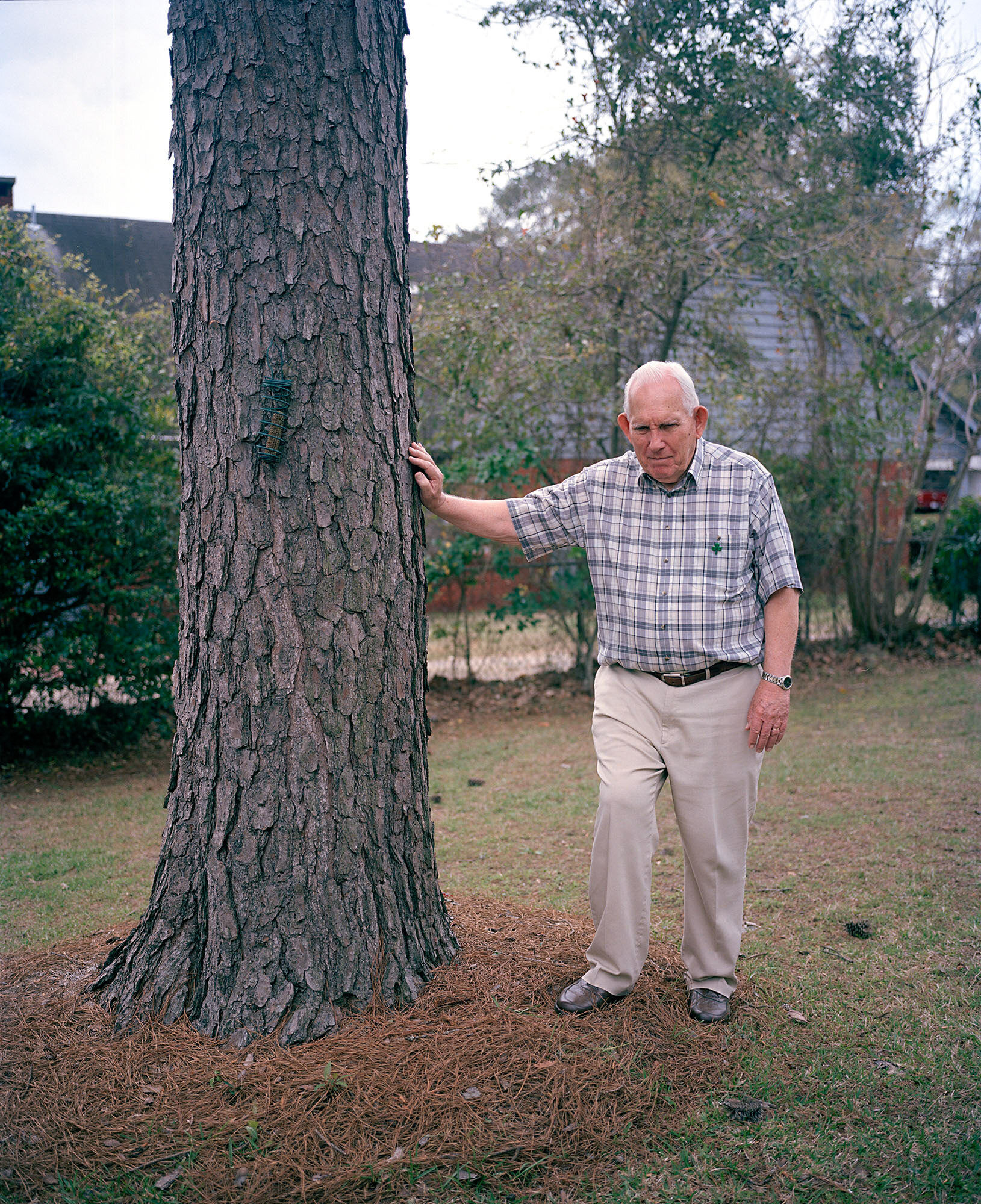
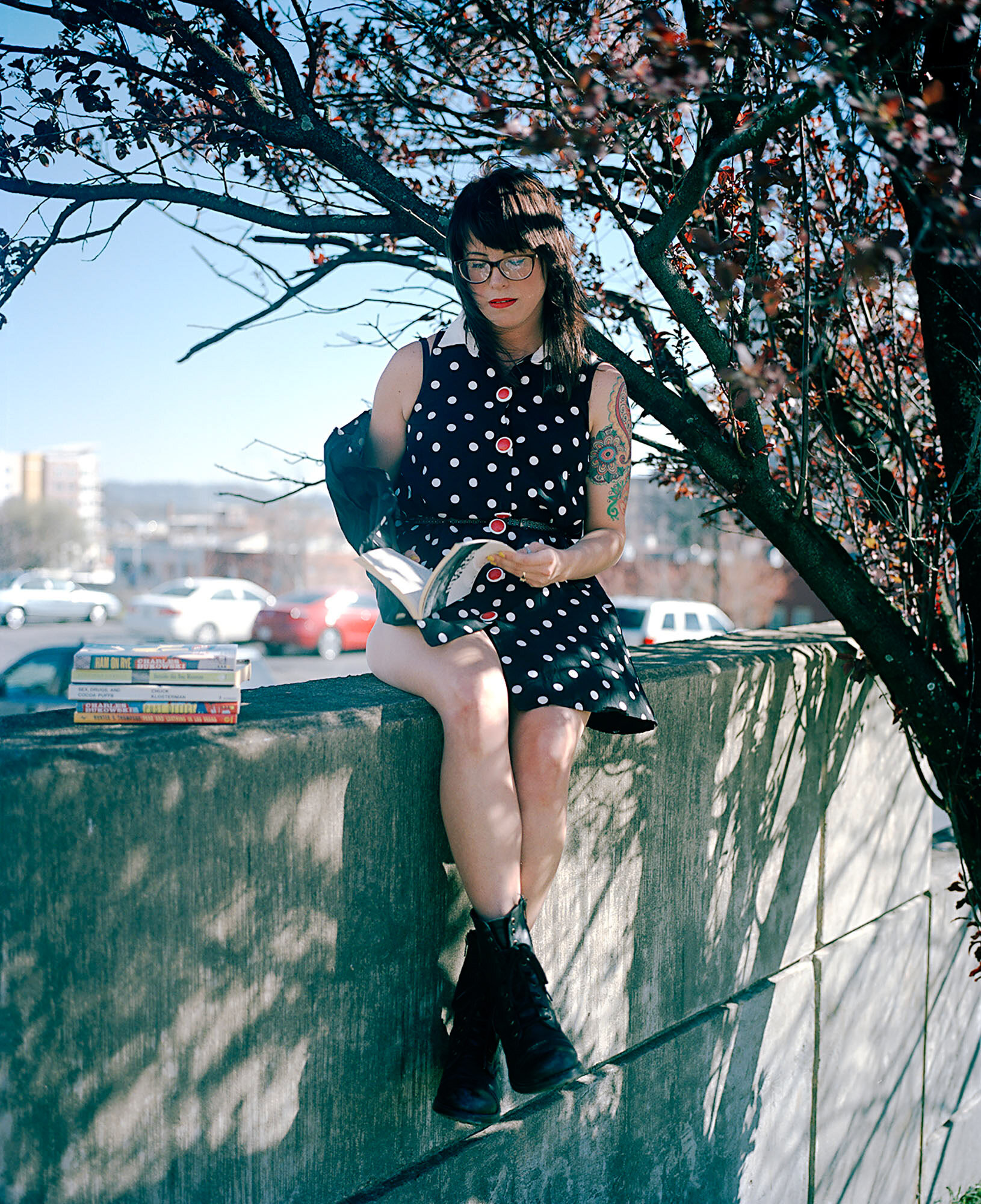
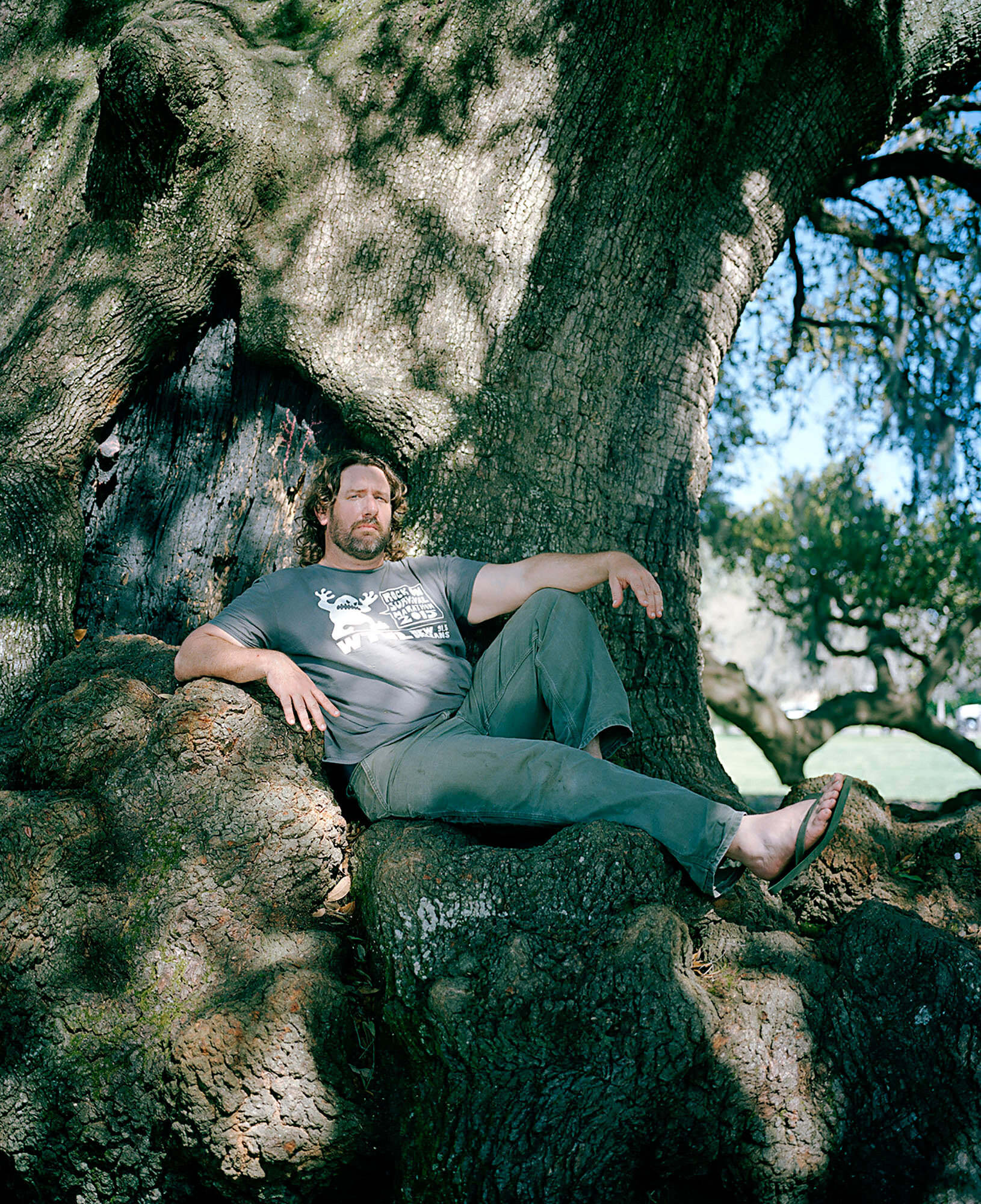
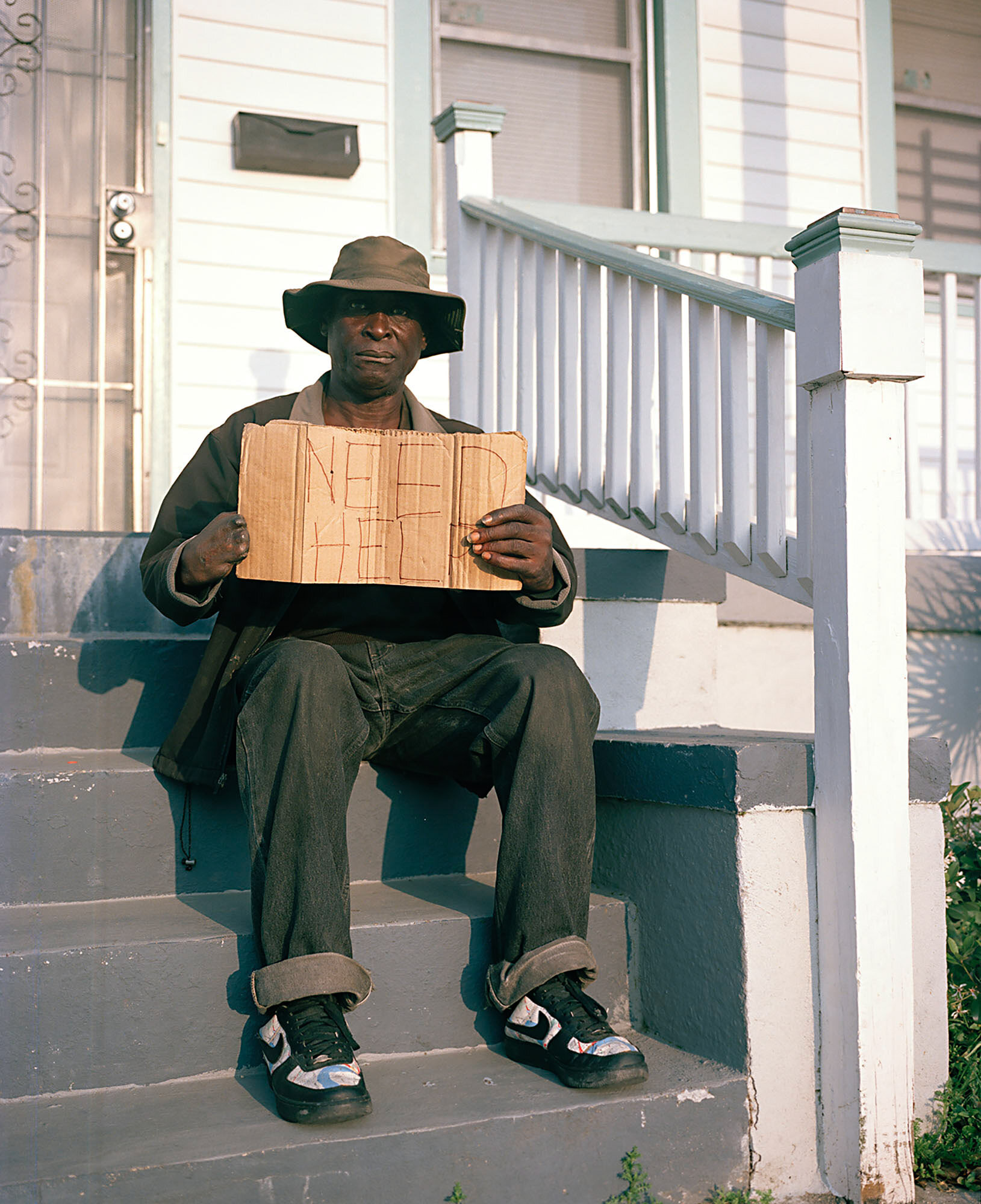
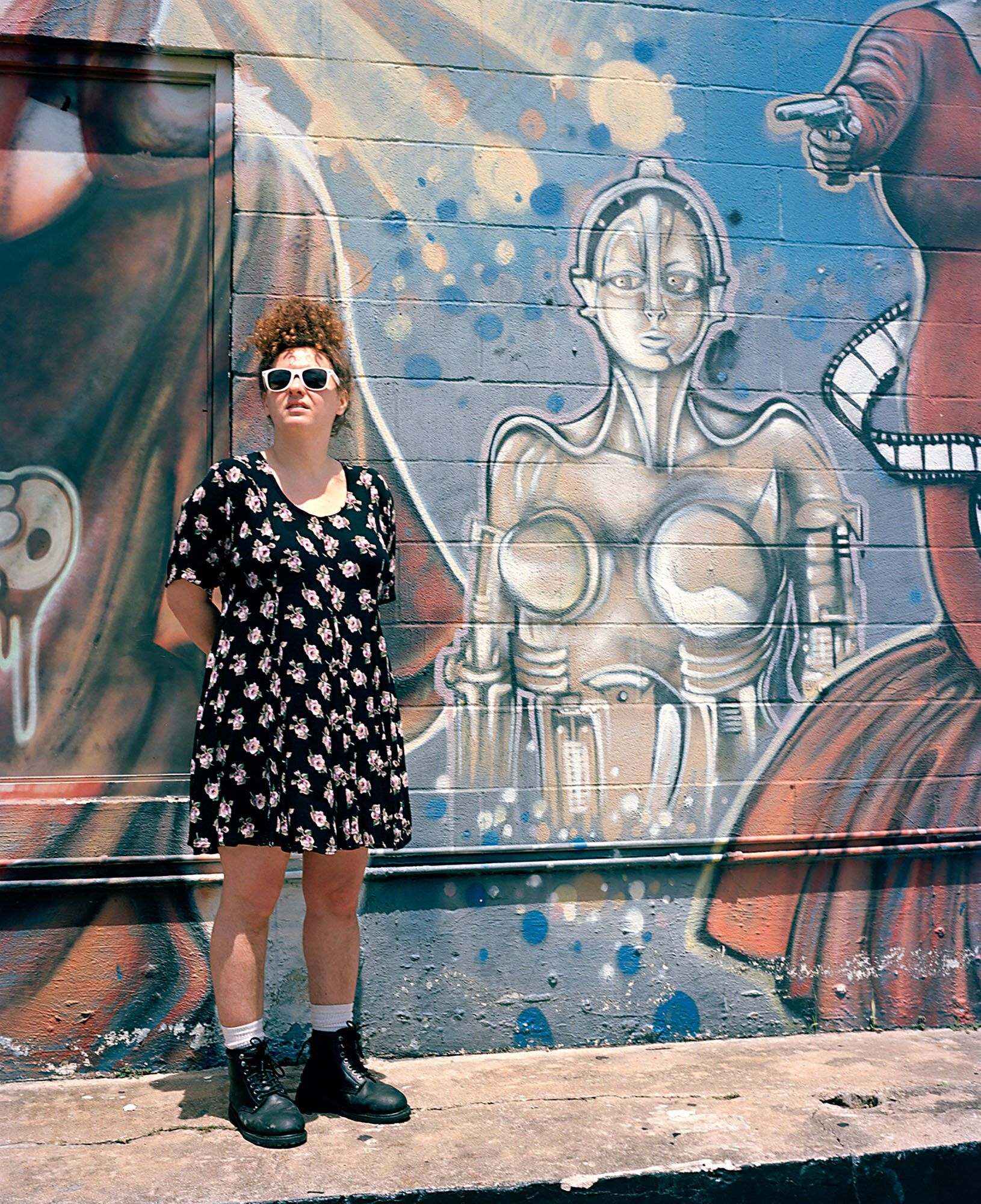
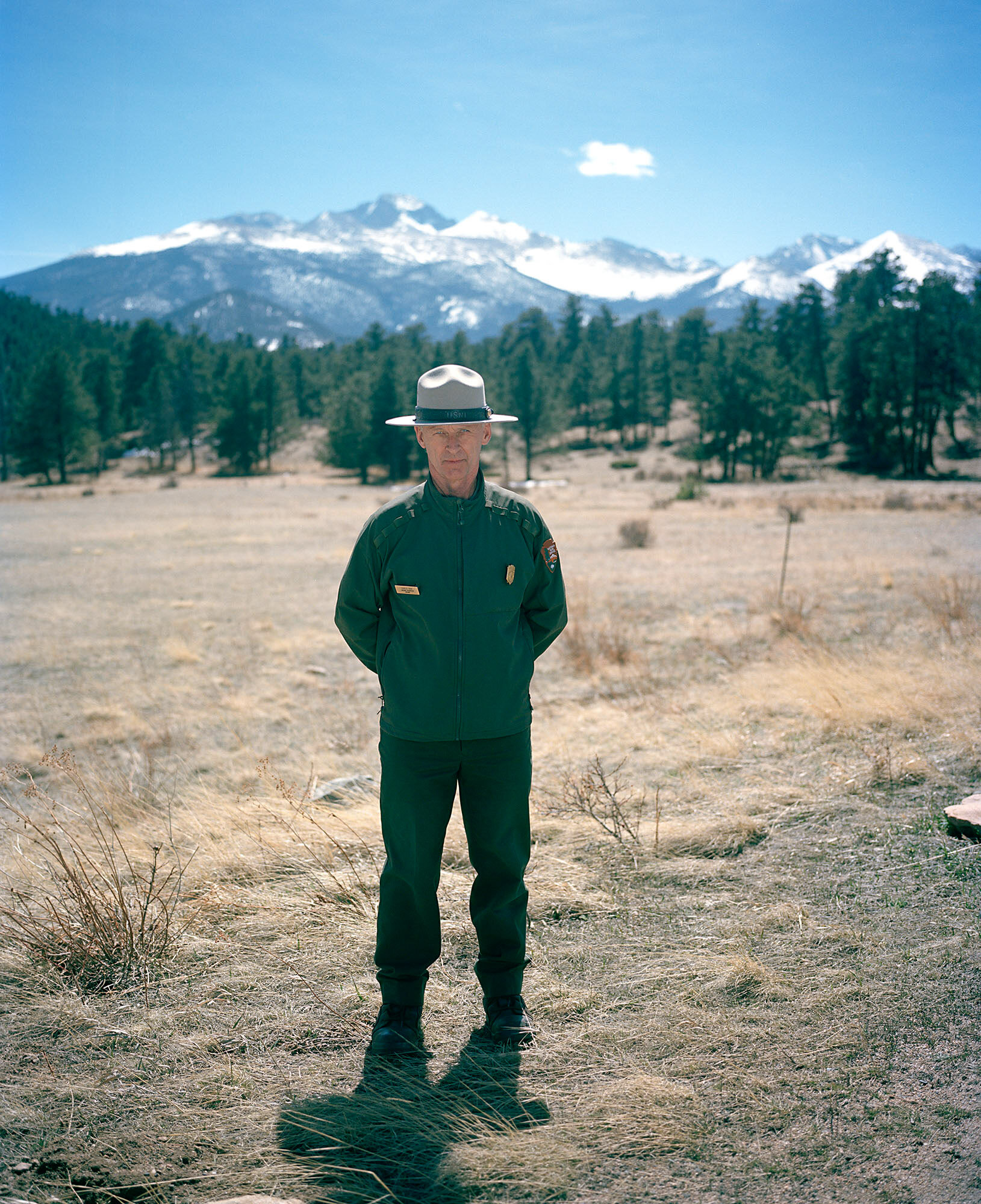
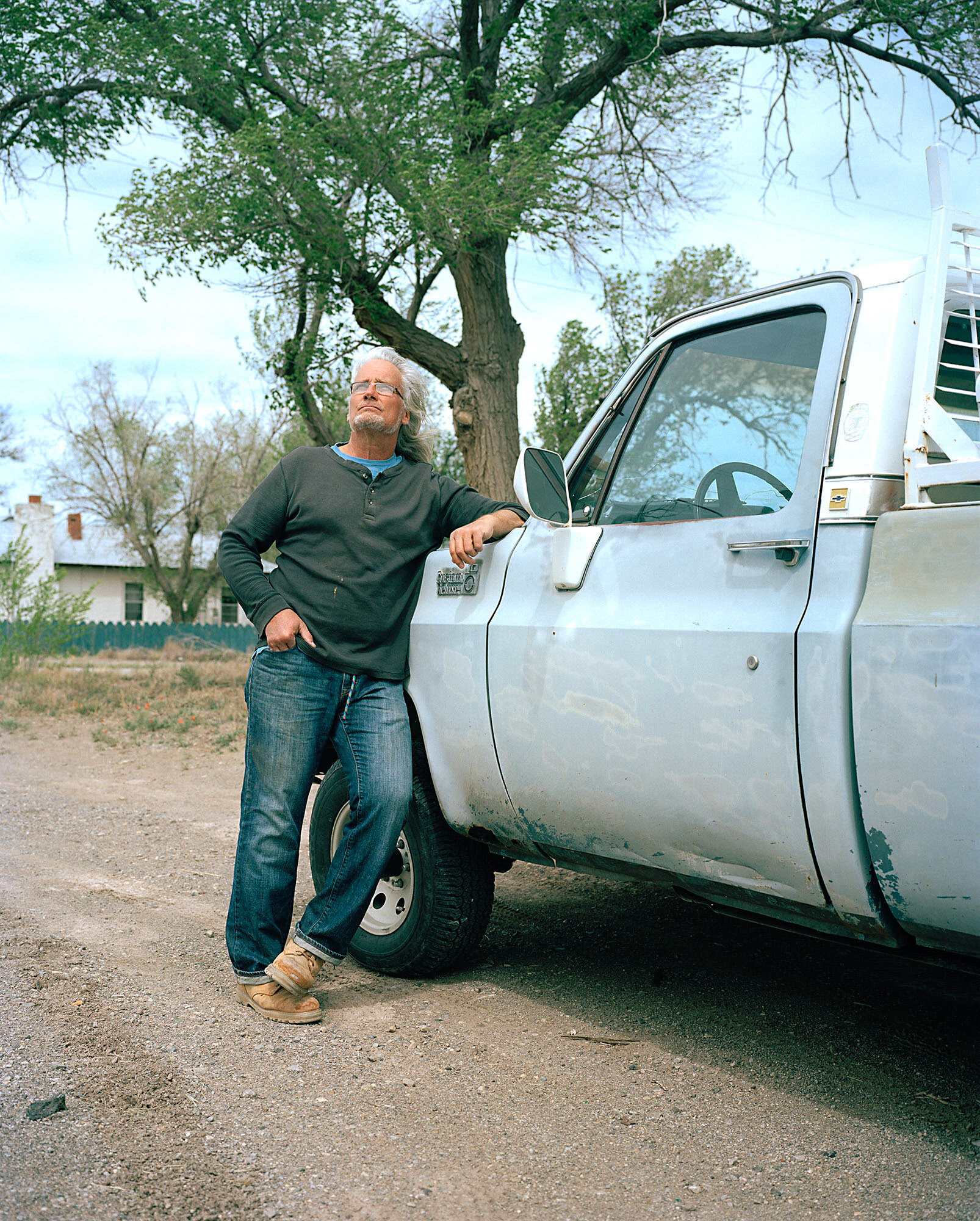
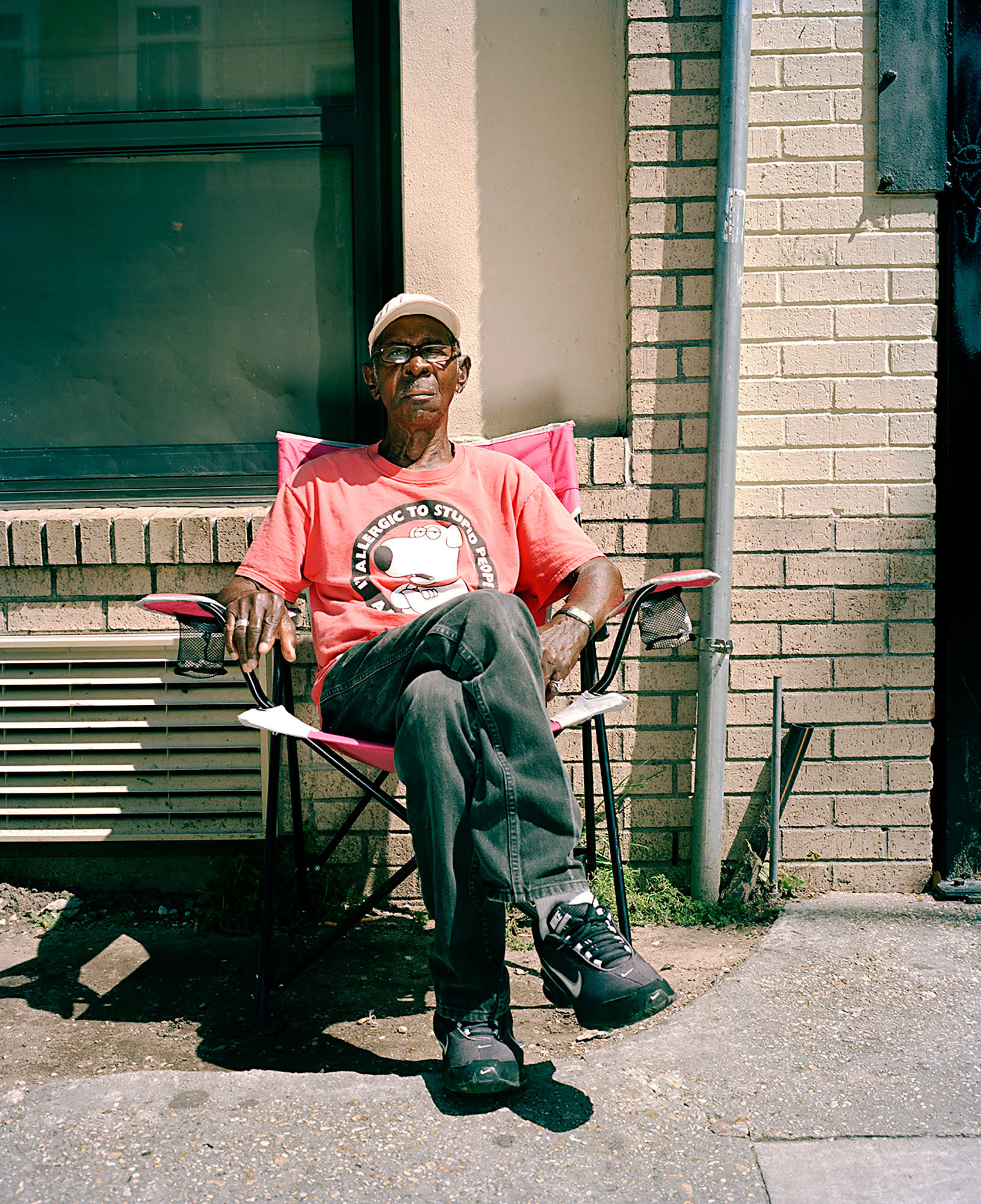
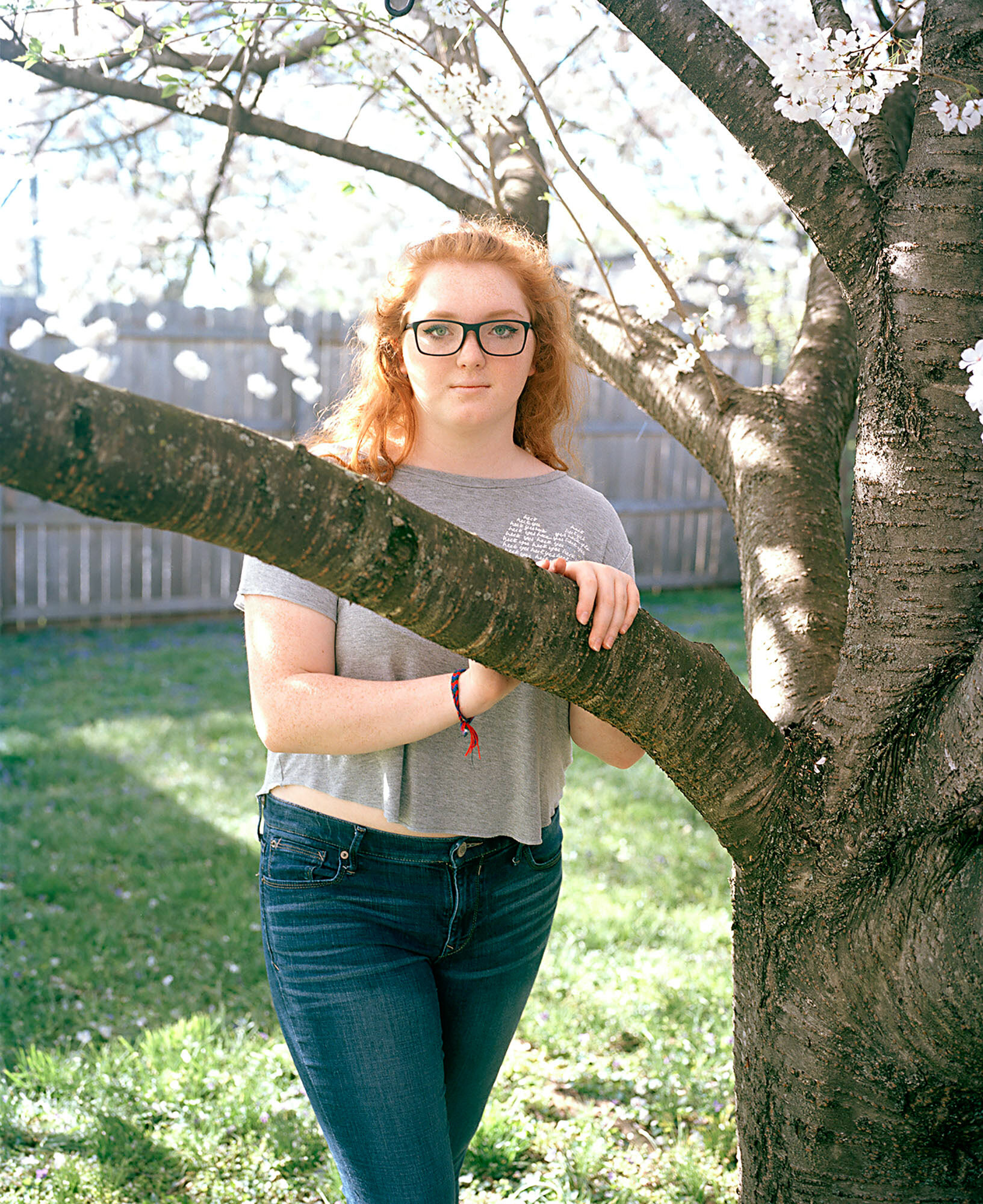
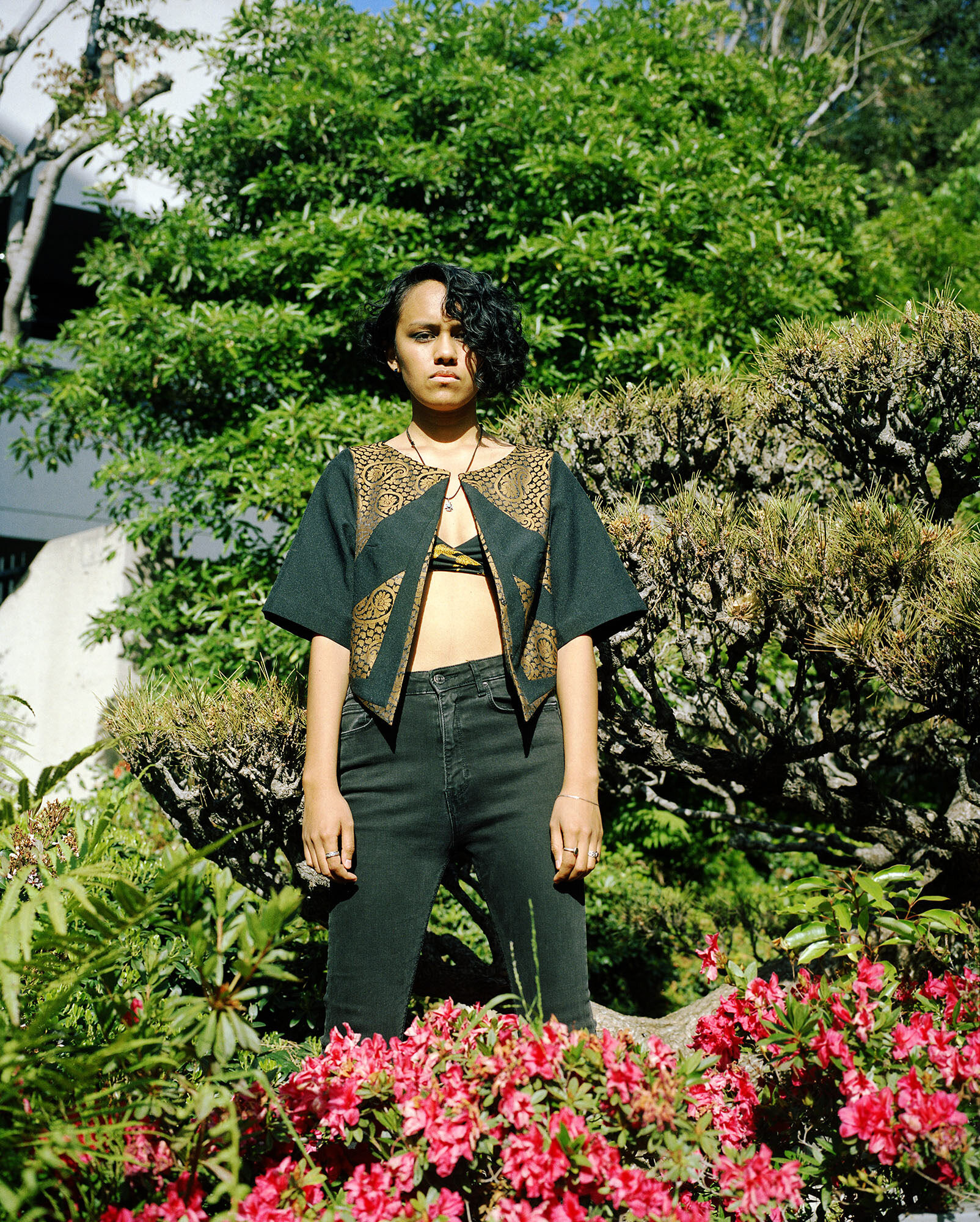
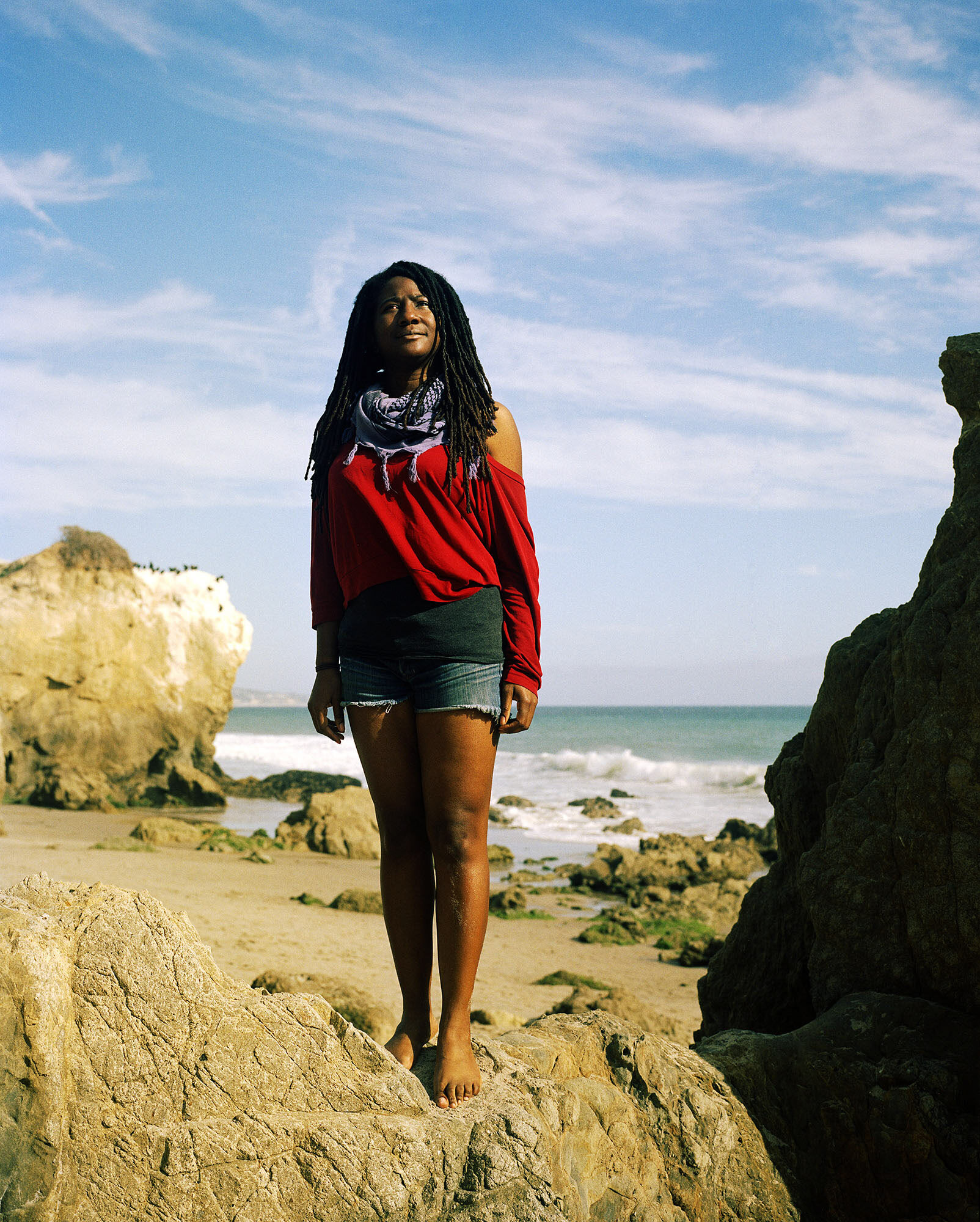
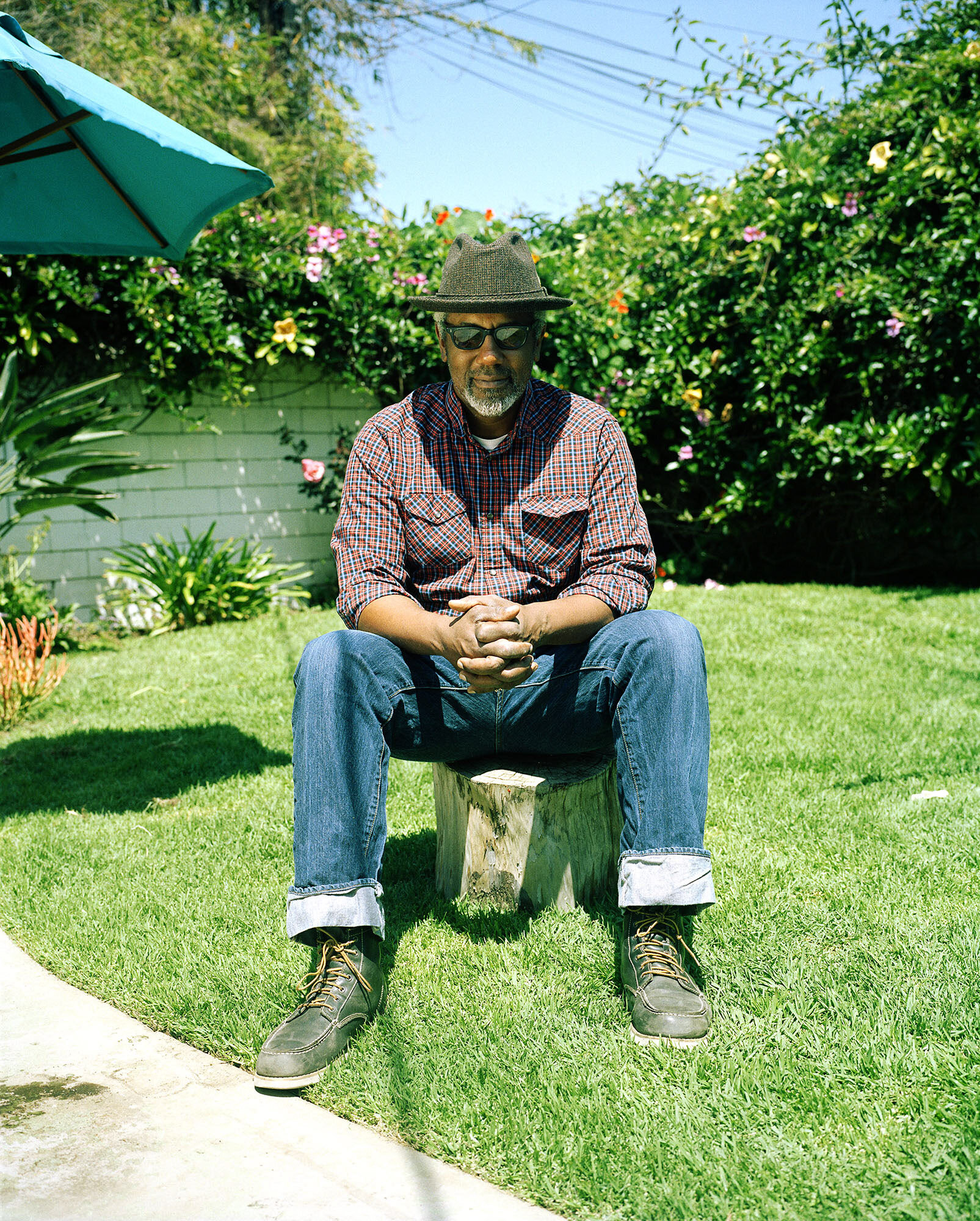
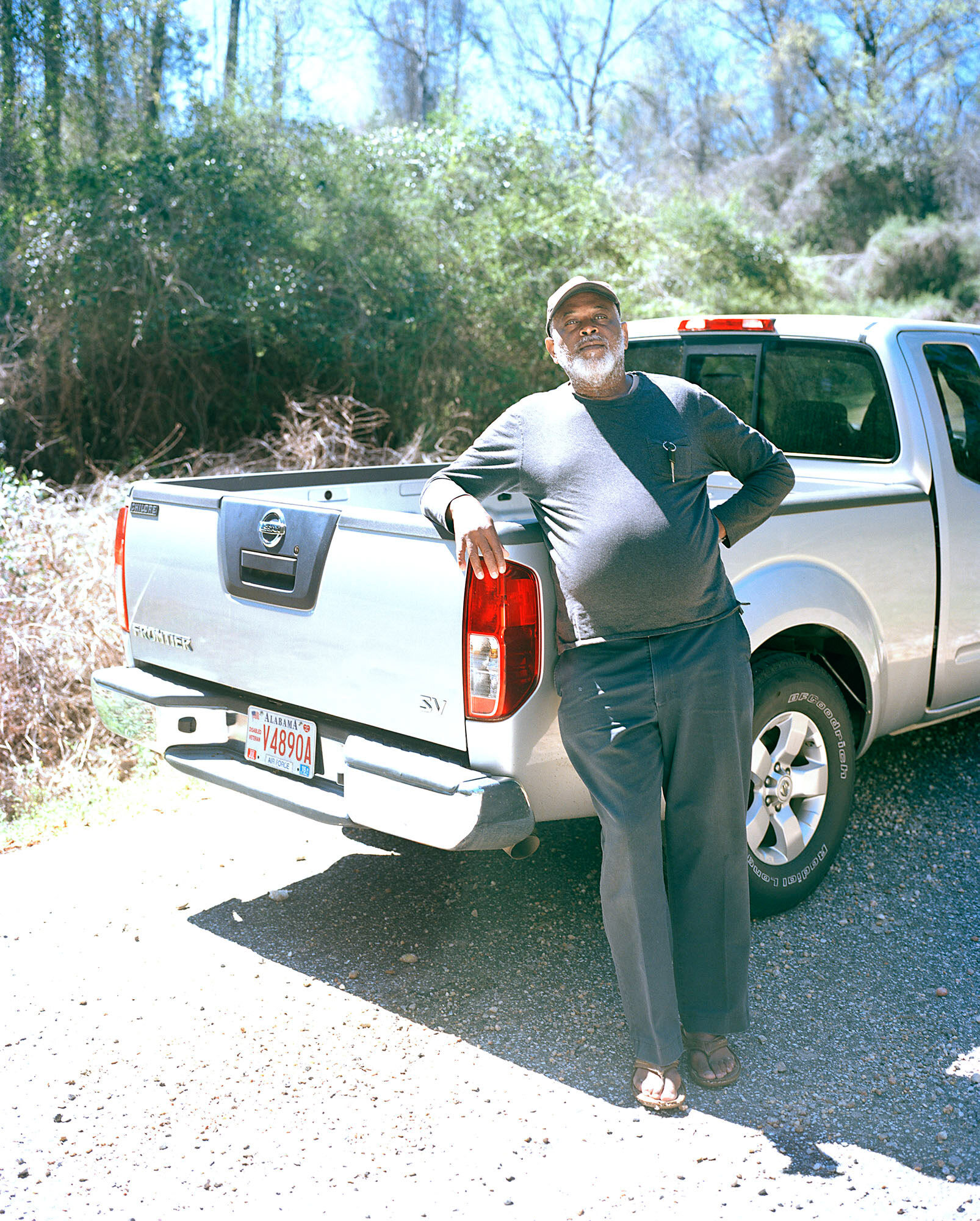
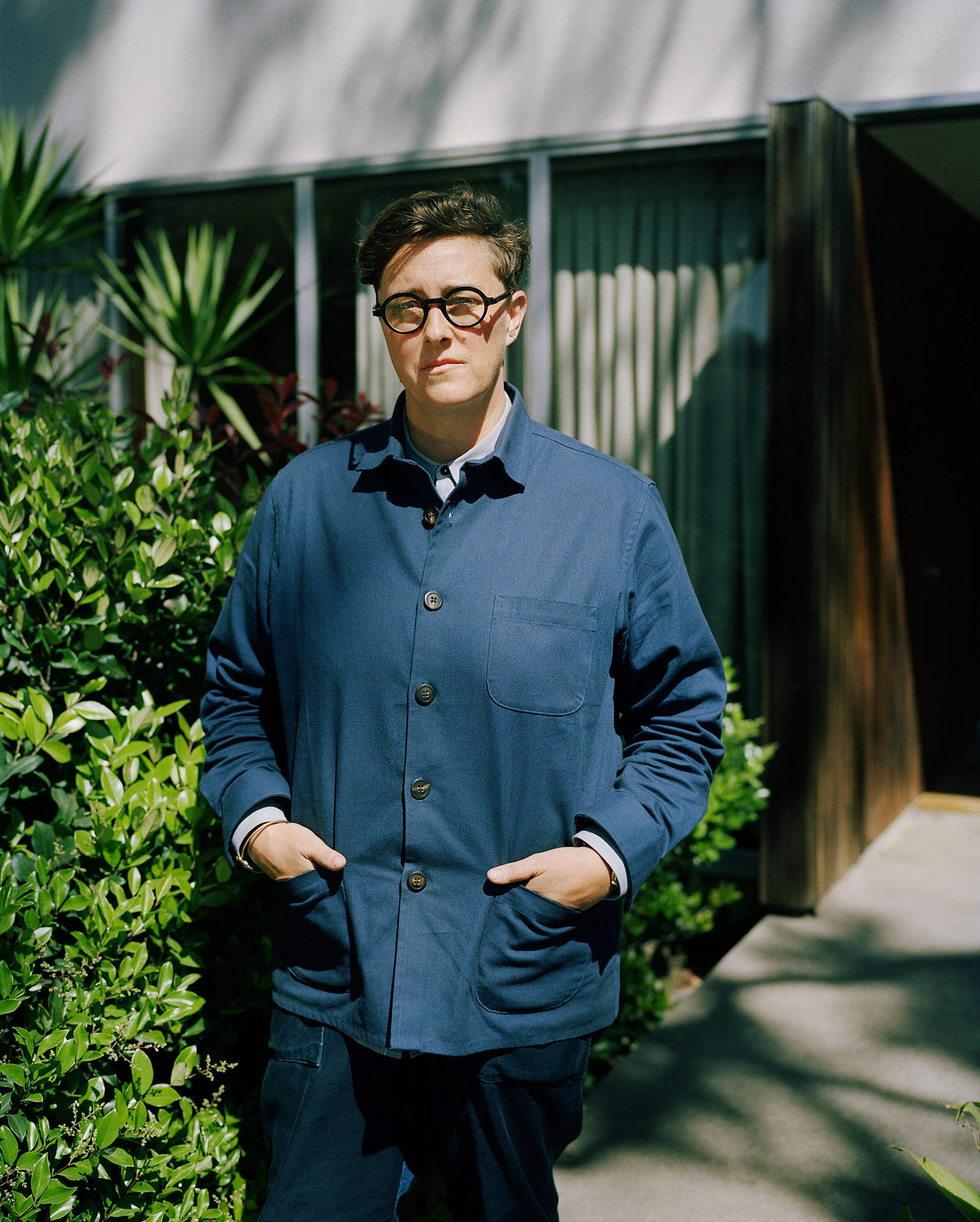
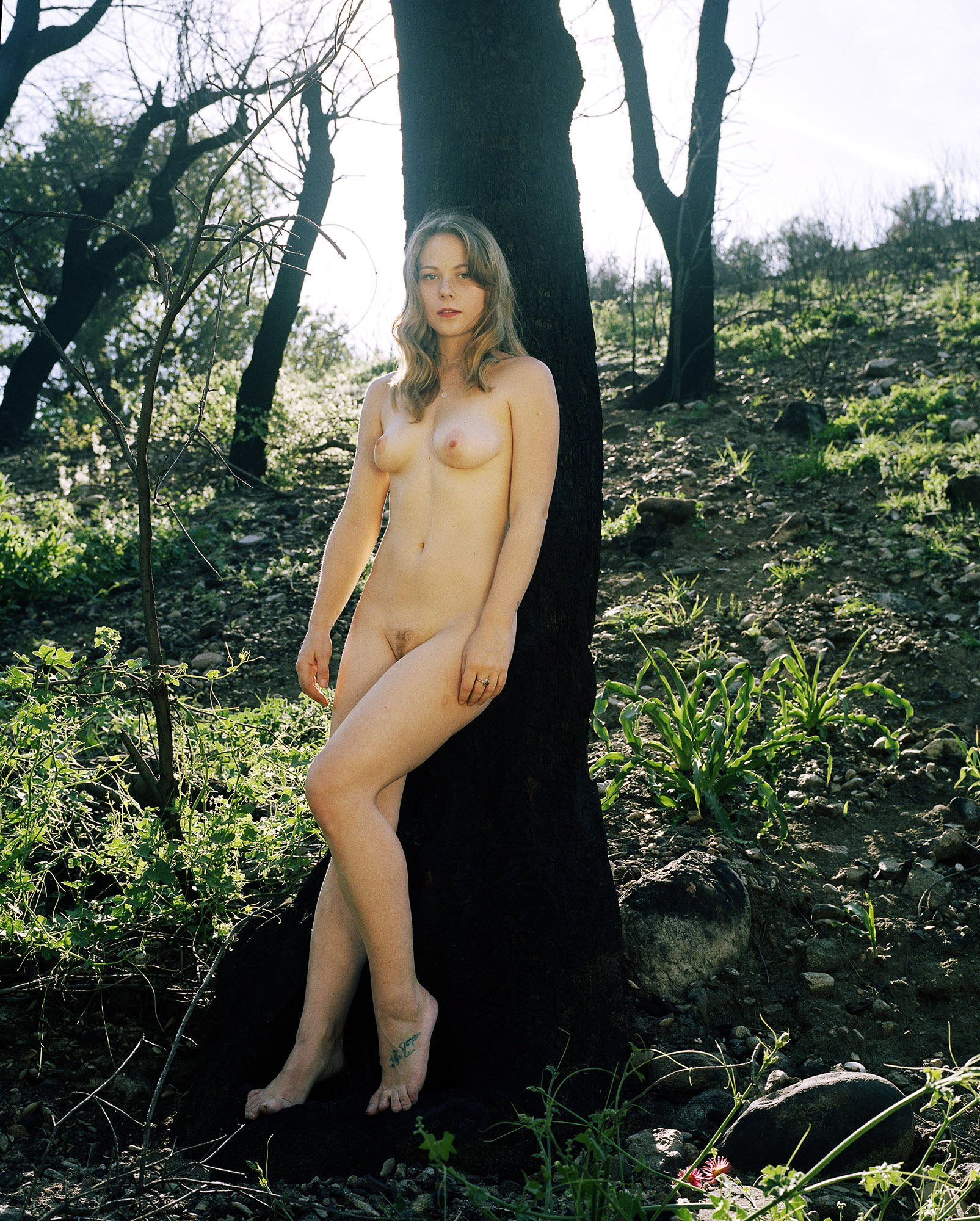
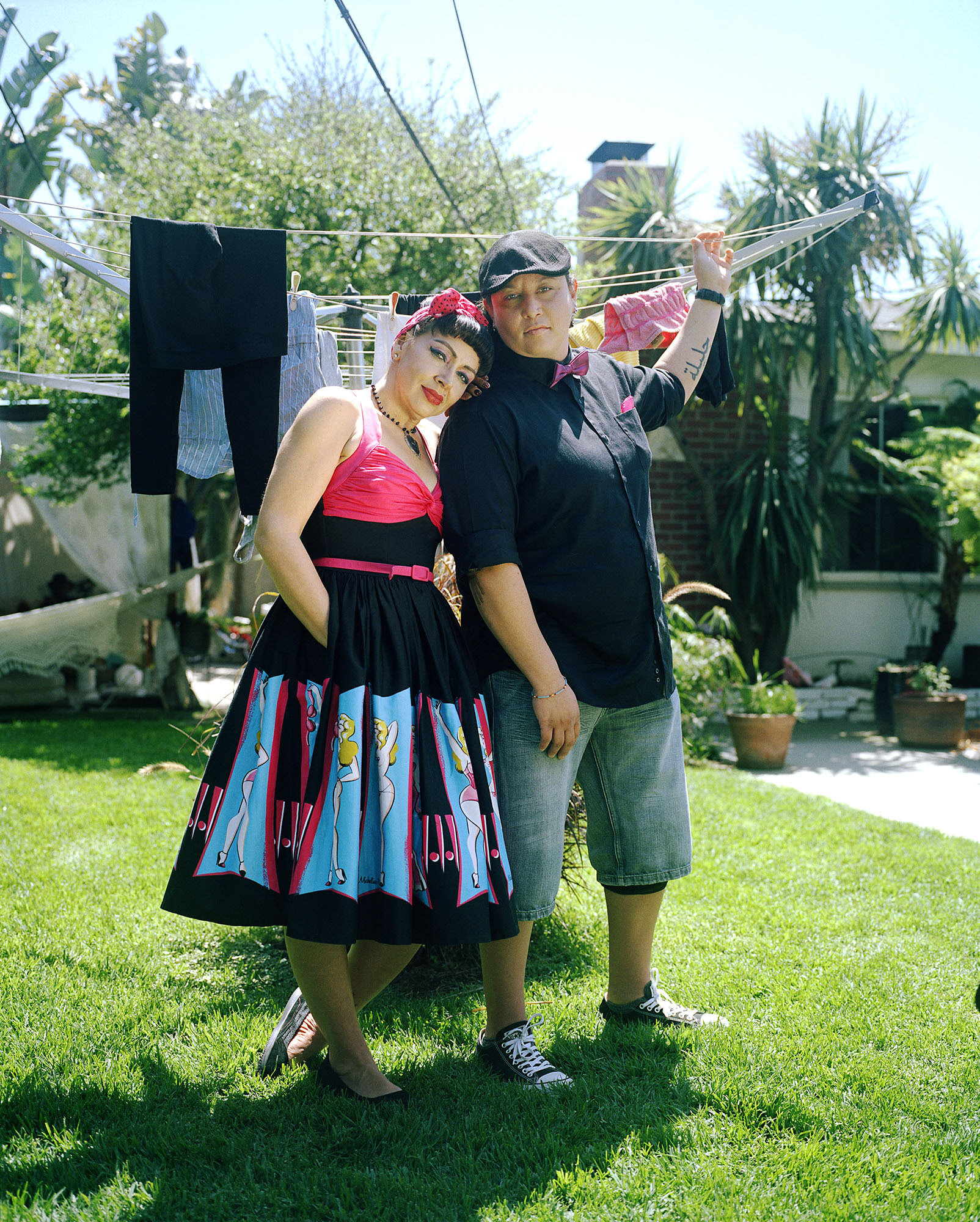
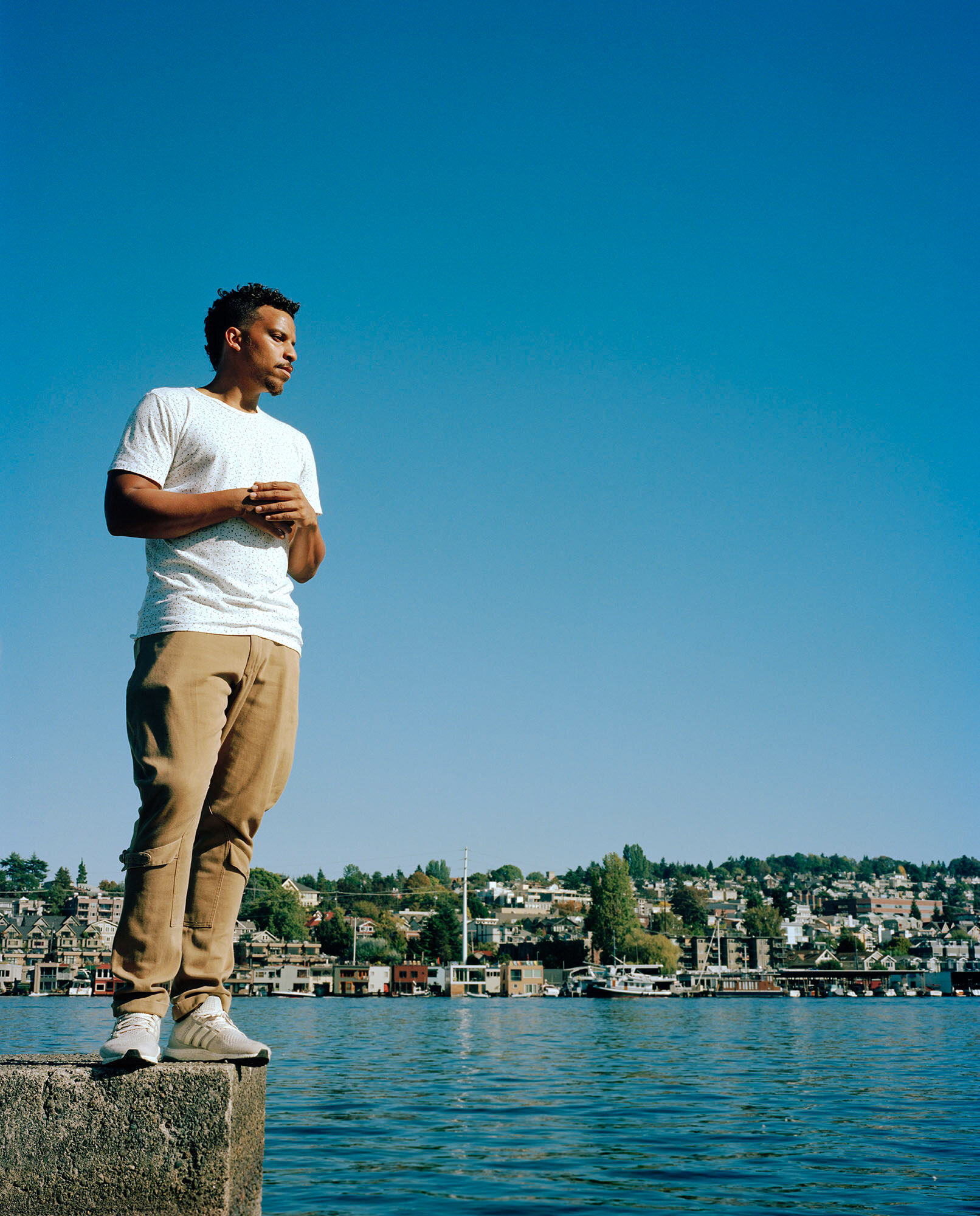
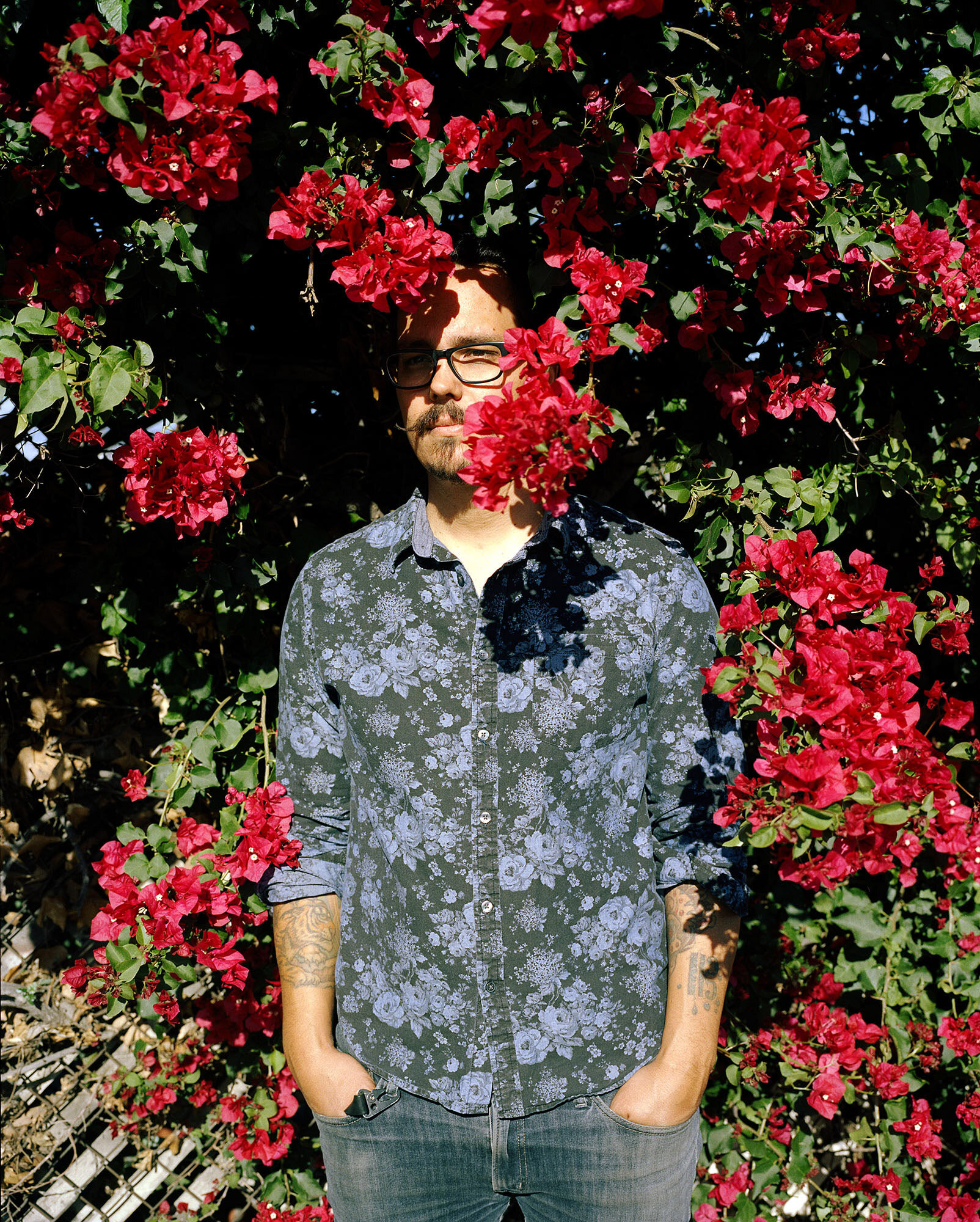
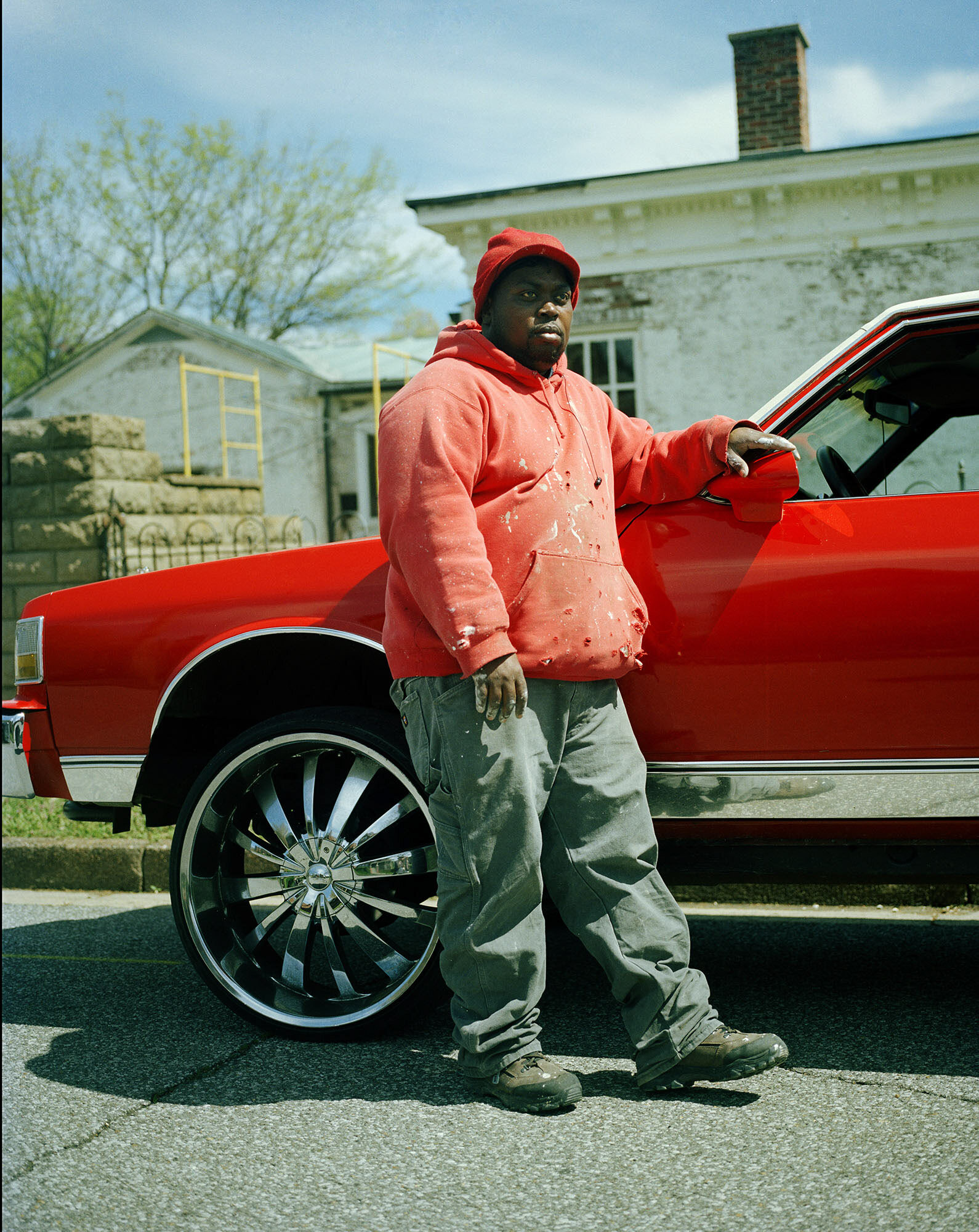
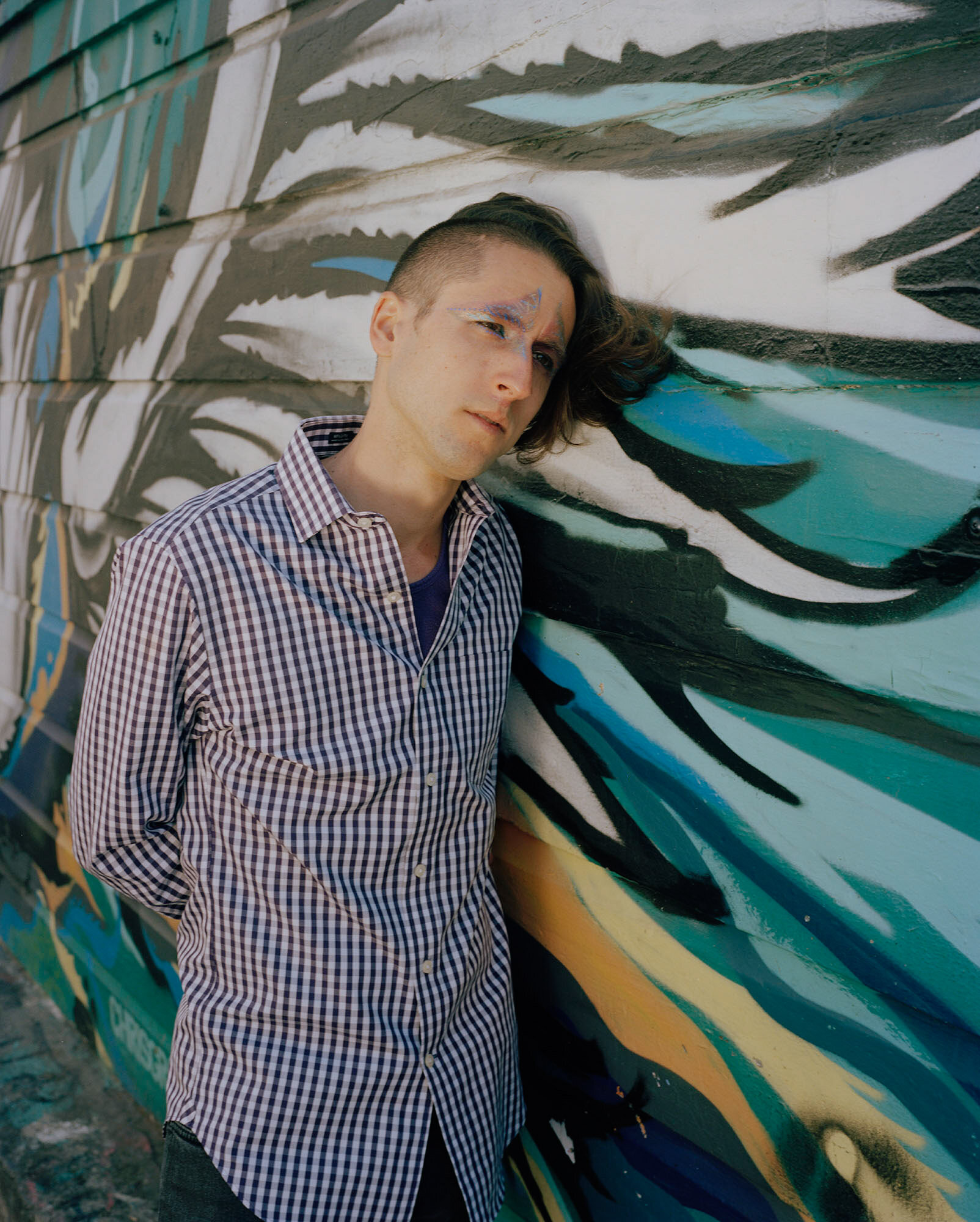
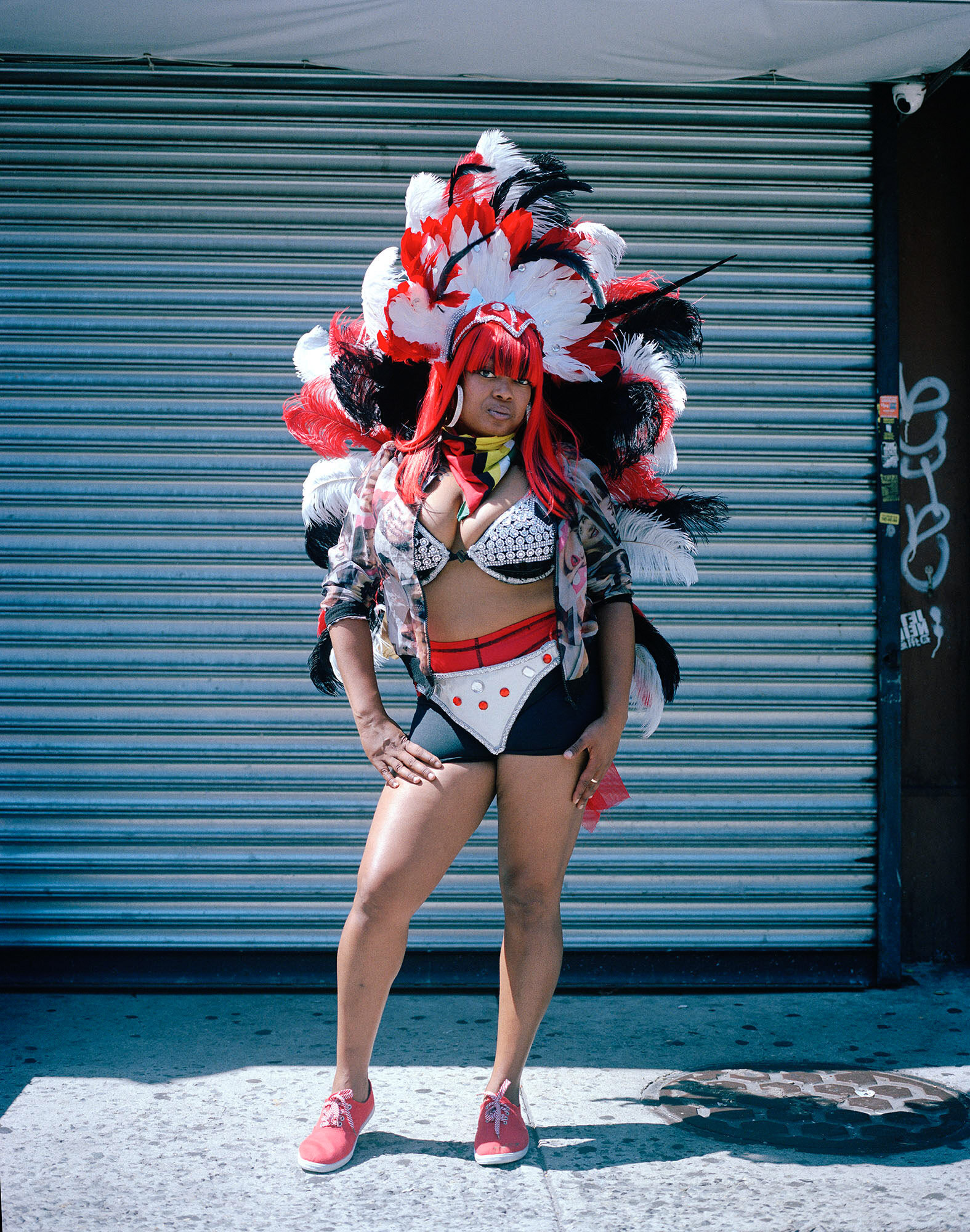
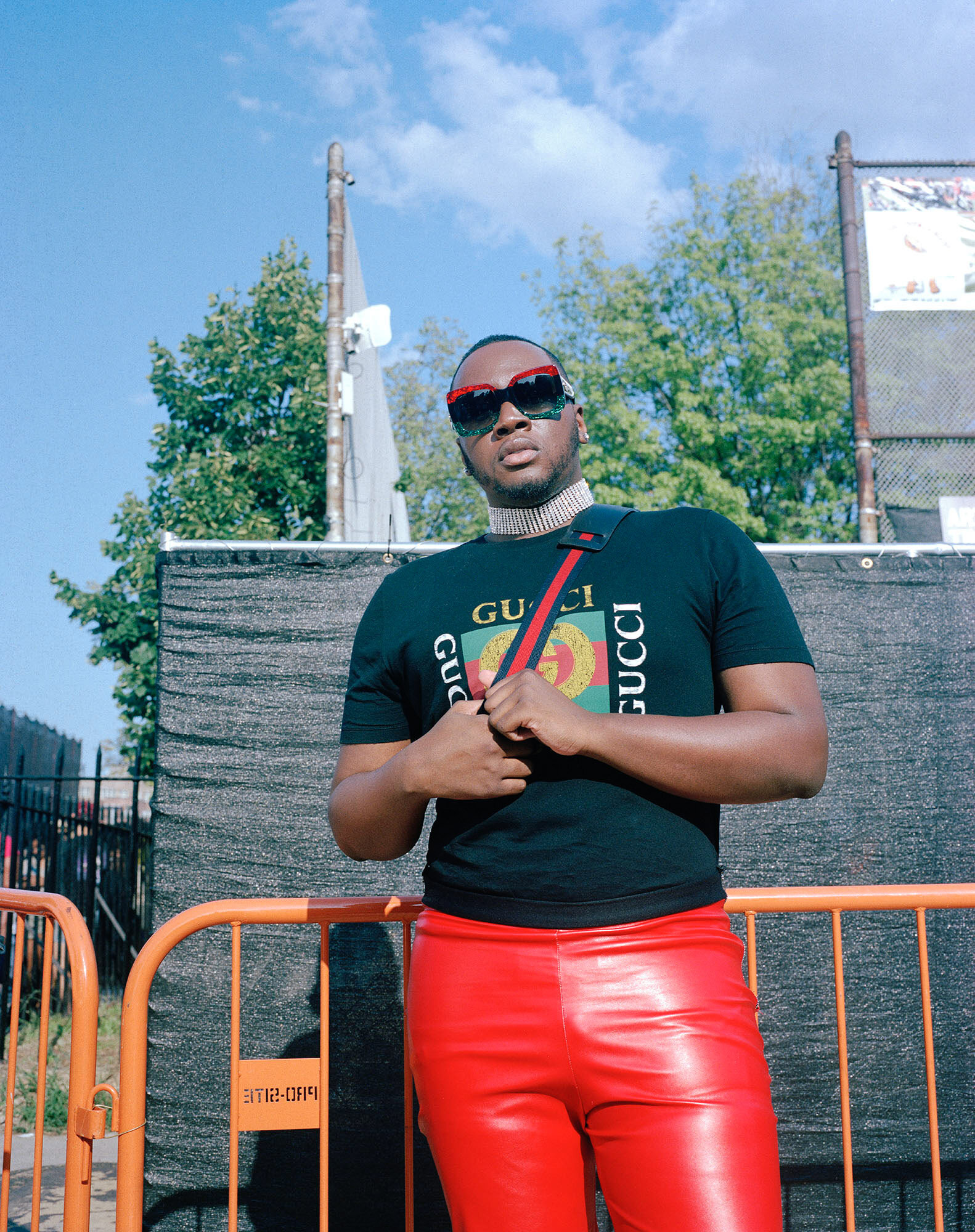
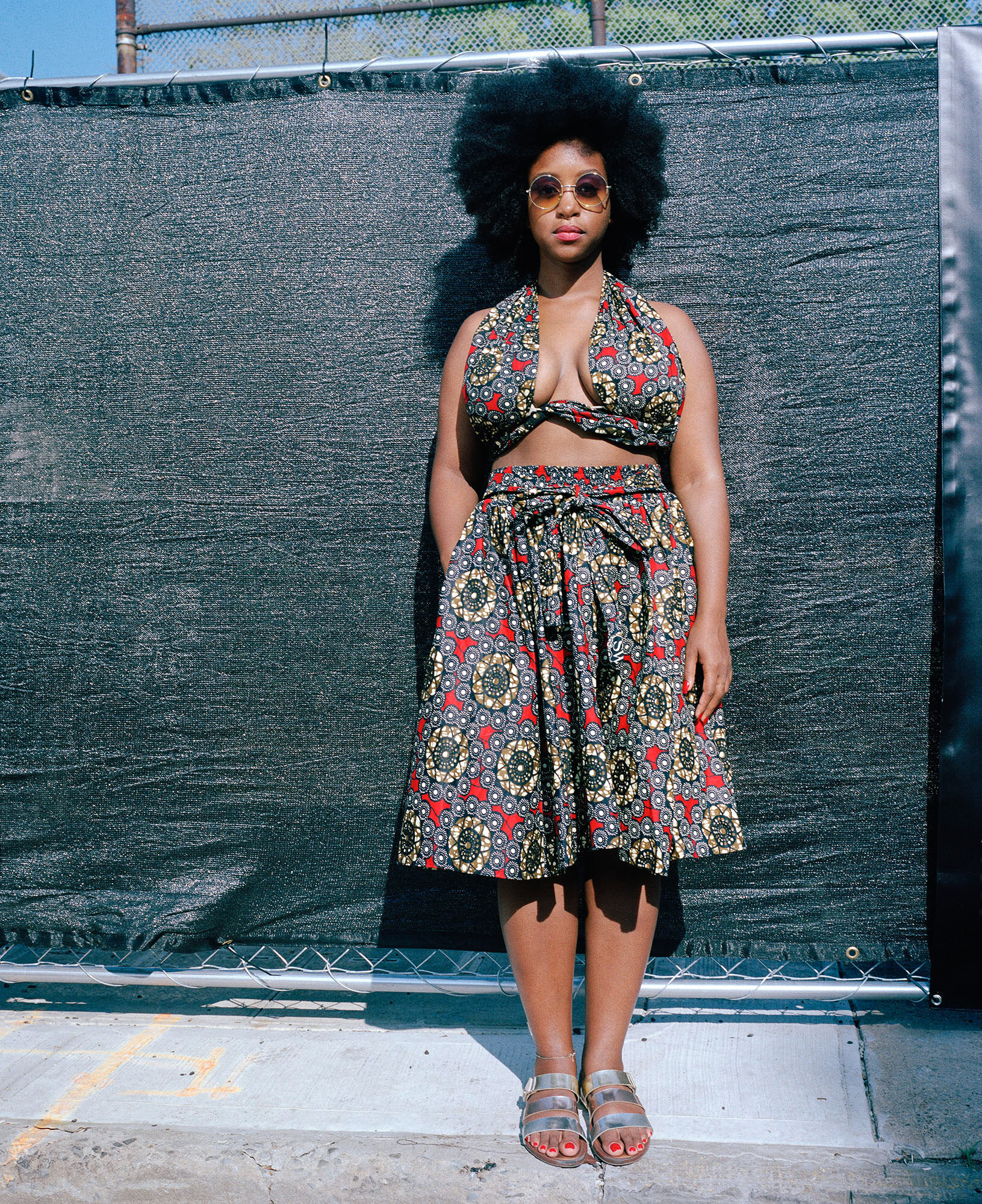
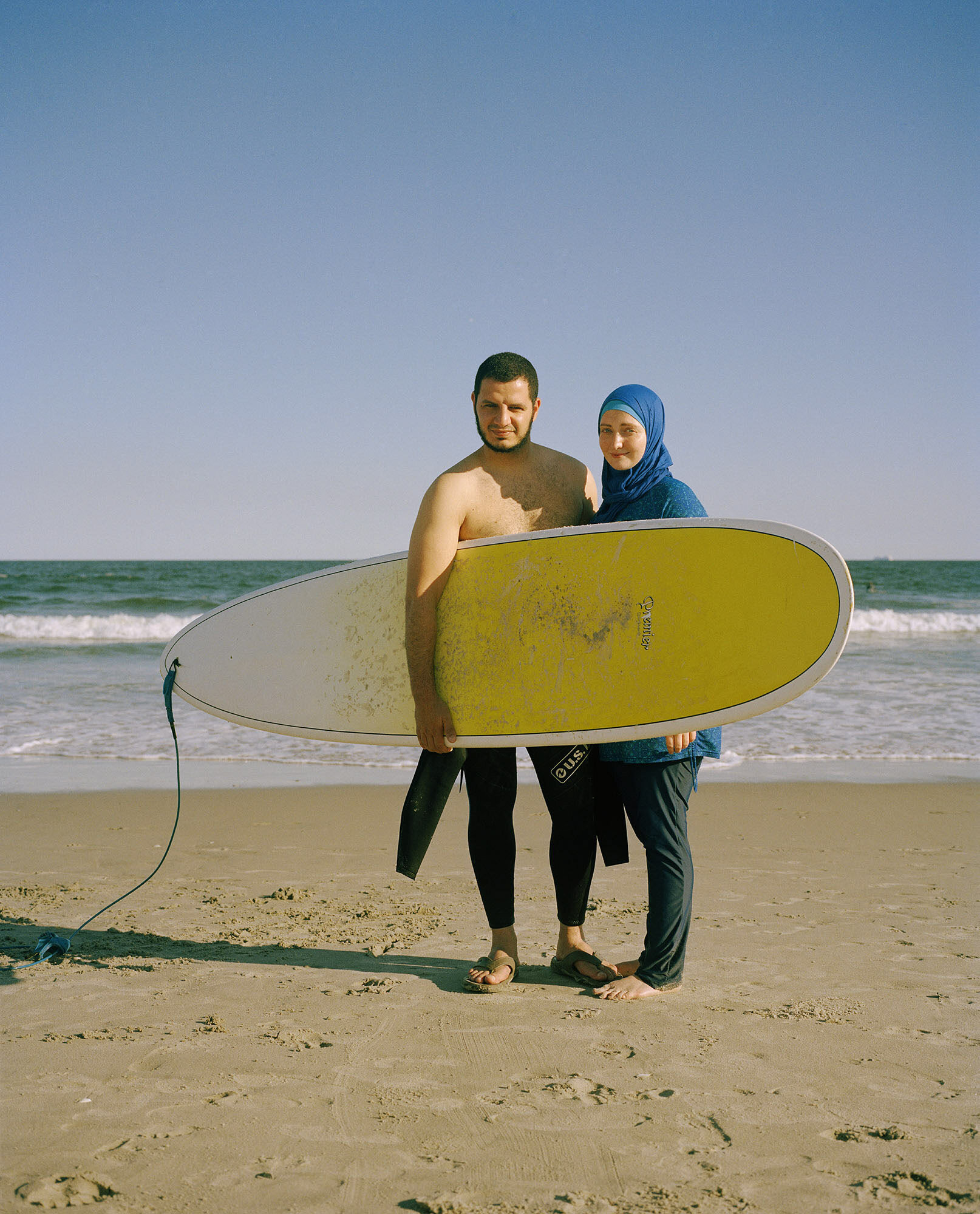
We the people
After living in New York City for over a decade, I knew I was ready to be called a New Yorker. But was I a potential American? Could I join the famous first-person plural - “We the People?” Was this country where my heart was? Would I ever feel comfortable being part of a capitalistic culture? In an attempt to answer these questions, I hit the road to meet Americans. It was the only way I could start to understand what it meant to be a citizen of the United States.
I was born in Egypt, grew up in Switzerland, and spent most of my life in France. Because of my multicultural origins, I always felt like an outcast. In Egypt I was not a real Egyptian because I lived outside of the country for too long and was perceived by nationals as “tainted.” In France I was too brown to be considered a blue-blood French citizen. In each country, there was no place for me to feel fully integrated and accepted.
I didn’t want to be an outsider anymore. I was longing for a place that would feel like home and being an “alien” in possession of a green card wasn’t the experience I was going for. So, I took to the road: to face the rest of the country and to meet the citizens that are part of “We the People.” Over the course of the first three months, I drove thousands of miles and engaged with hundreds of strangers. Contrary to my expectations I was welcomed into people’s lives and offered gracious hospitality in a way I hadn’t experienced in my previous home countries.
While taking these photographs throughout my journey, my doubts about fitting in as an American faded. As the days passed, I felt a deeper sense of belonging growing within me. I was in a land where if you are not a Native American you are an immigrant. I related to a place where most of its people came from somewhere else looking for a better life. And it was this multicultural heritage that I could connect and identify with. Despite the problematic policies and actions of a system built upon capitalism, I wanted to be a part of the shared strength and resilience that I saw in the people I met. To me, they represented the collective idea of the American identity and it was that realization that encouraged me to officially become a citizen.
During the Trump era, which effectively began with the “Muslim Ban,” I felt the American ideals that I had so carefully considered and cherished had been betrayed by my government. For the first time in my experience, people became noticeably divided along political and racial lines. In an effort to better understand how we Americans could be so similar, yet so different, I decided to continue photographing through the country to meet more people.
The anonymous subjects of We the People are presented in a box as a collection of 65 loose prints and unattributed quotes. We the People is an act of resistance and a celebration of diversity: a conceptual photography book presenting a catalog of Americans from all walks of life. The project tries to understand them and to see them as one by bringing them together despite their differences. Instead of separating them, labeling them and singling out individuals, which would stress social division further, my aim is for the viewer to get a sense of a complex community layered with so many contradictions.
To discourage the involuntary attribution of particular attitudes to particular names or quotes, the people in the portraits are unnamed and unallocated.
I invite the viewer to organize and sequence their own vision of a complex community filled with diversity.


